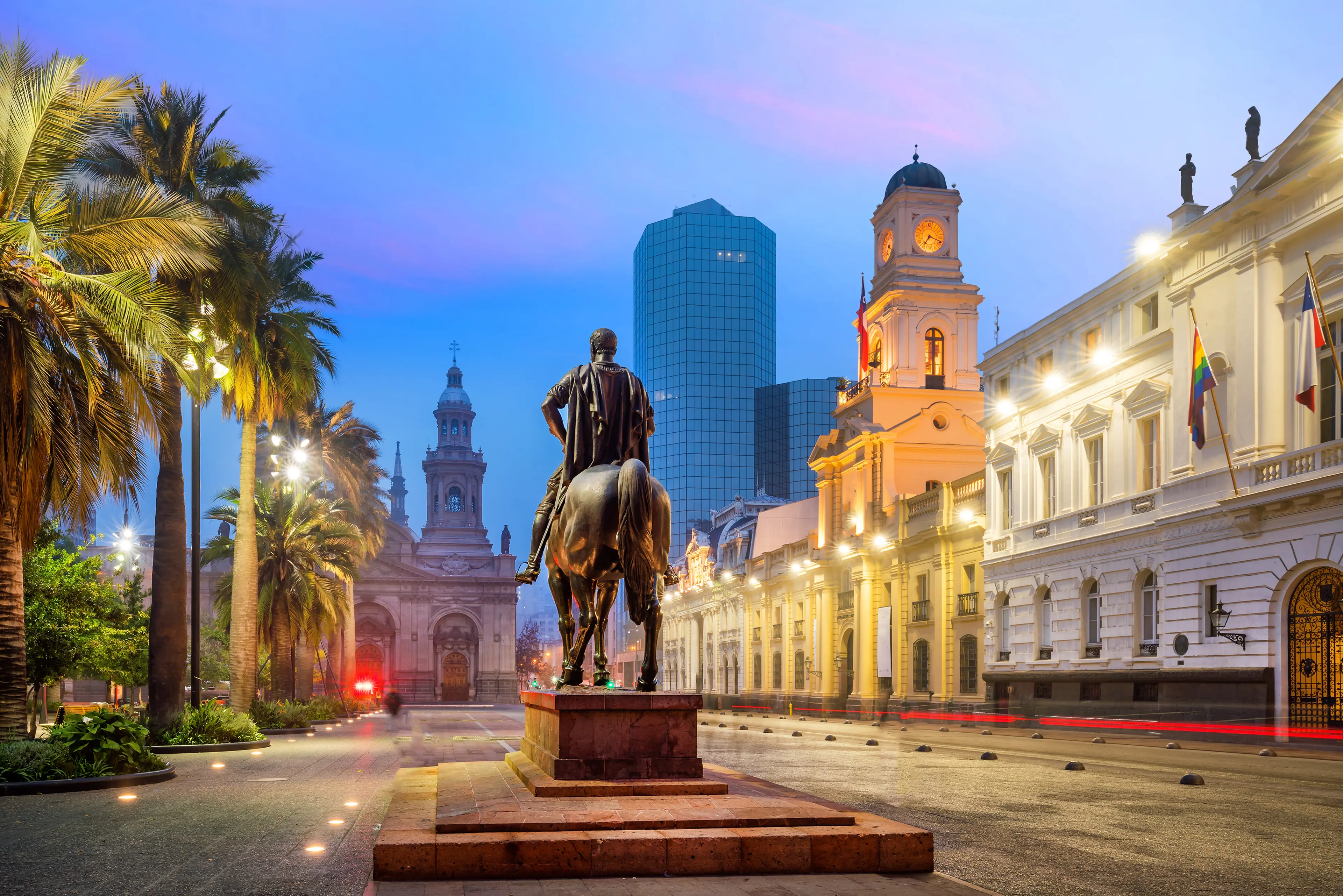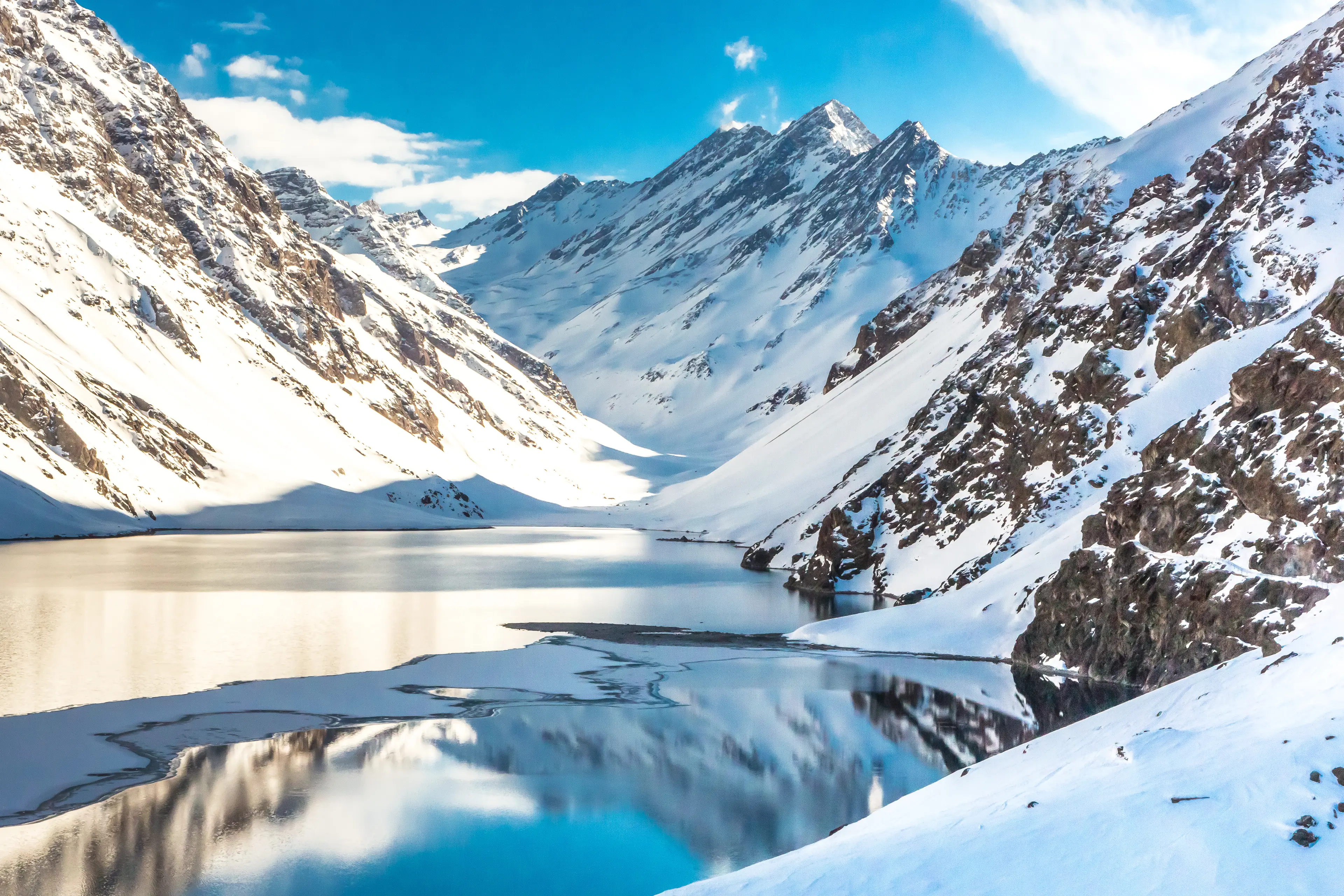6-Day Local Experience: Santiago's Food, Wine, Shopping, and Sightseeing
Santiago, Chile
6 days
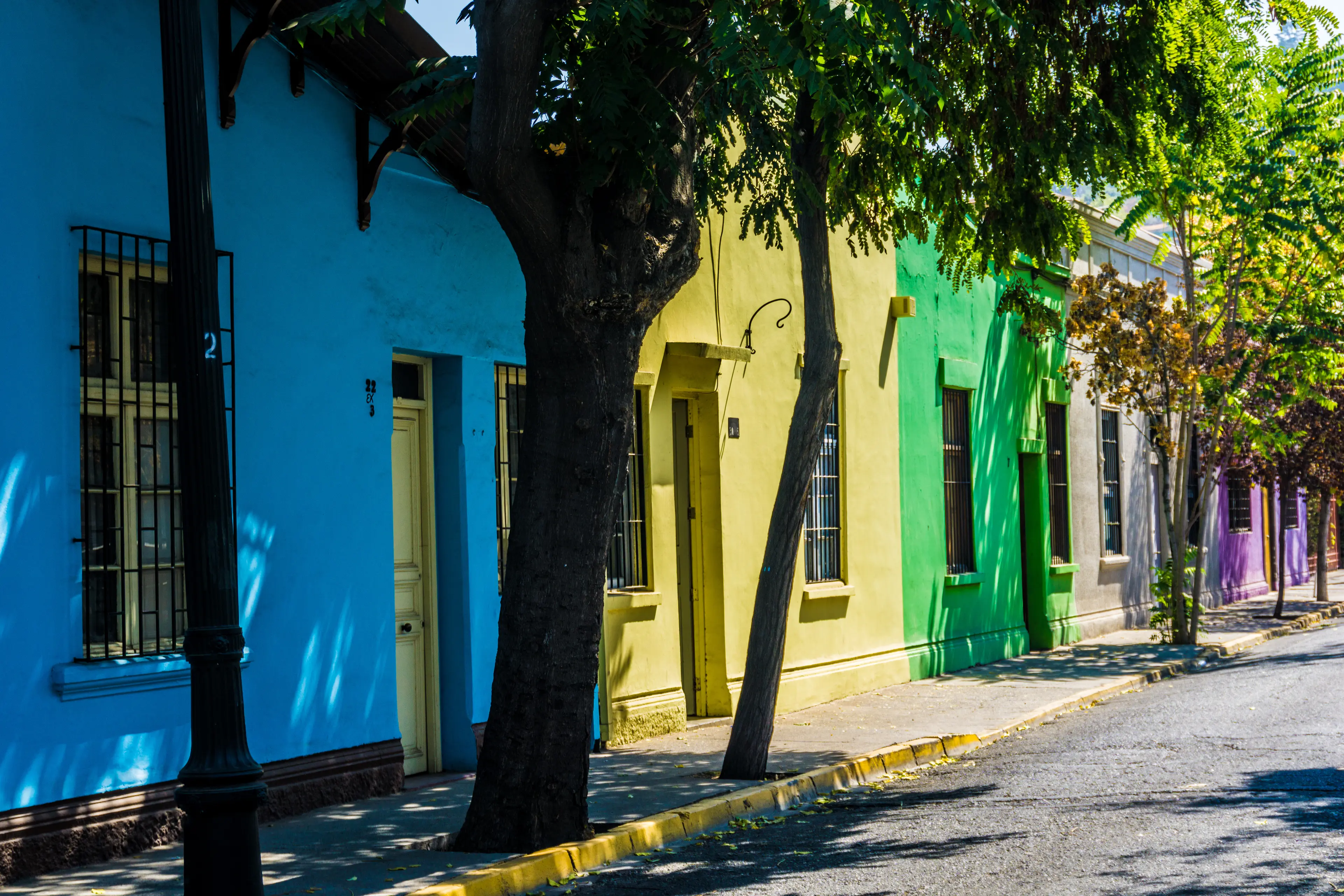
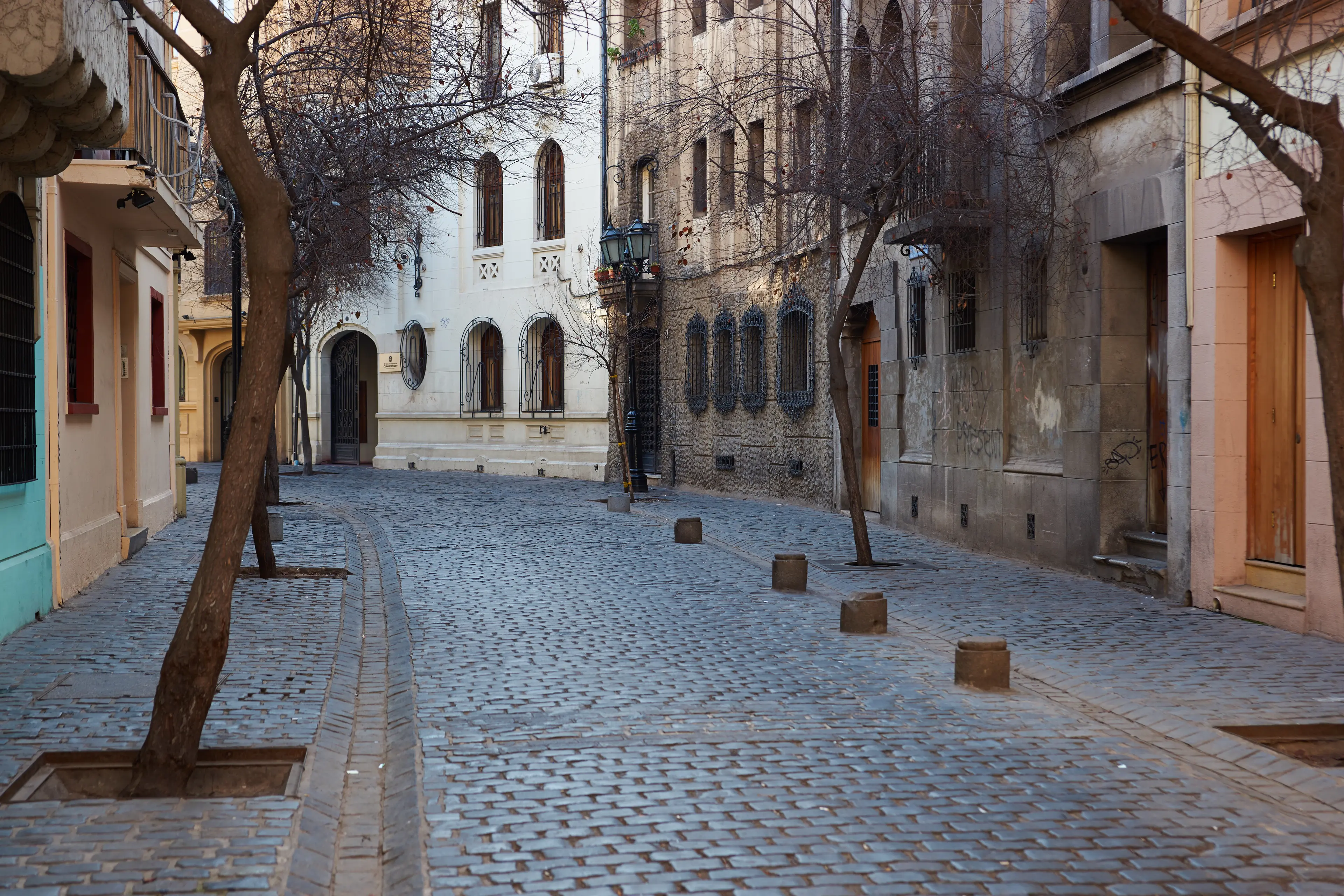

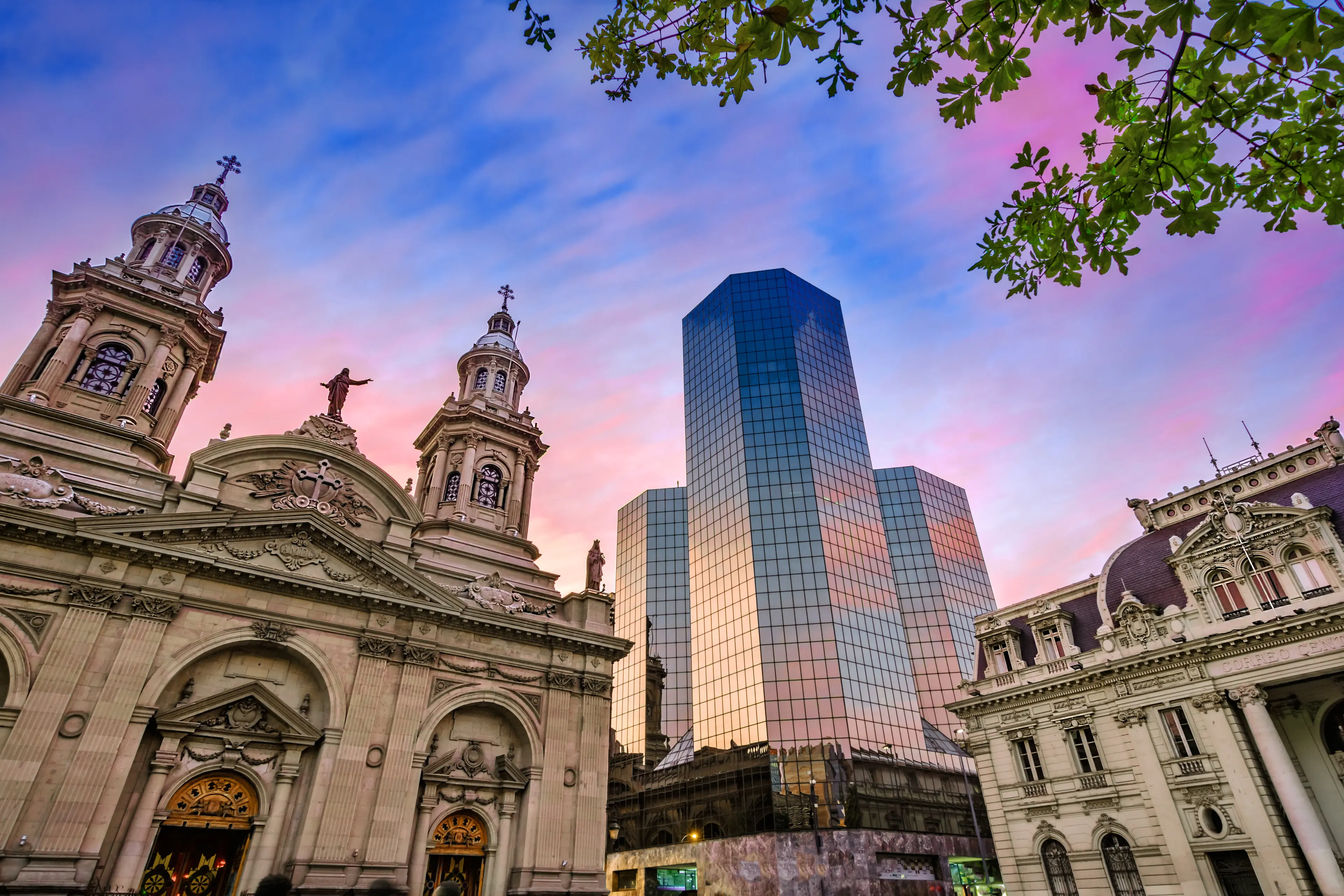
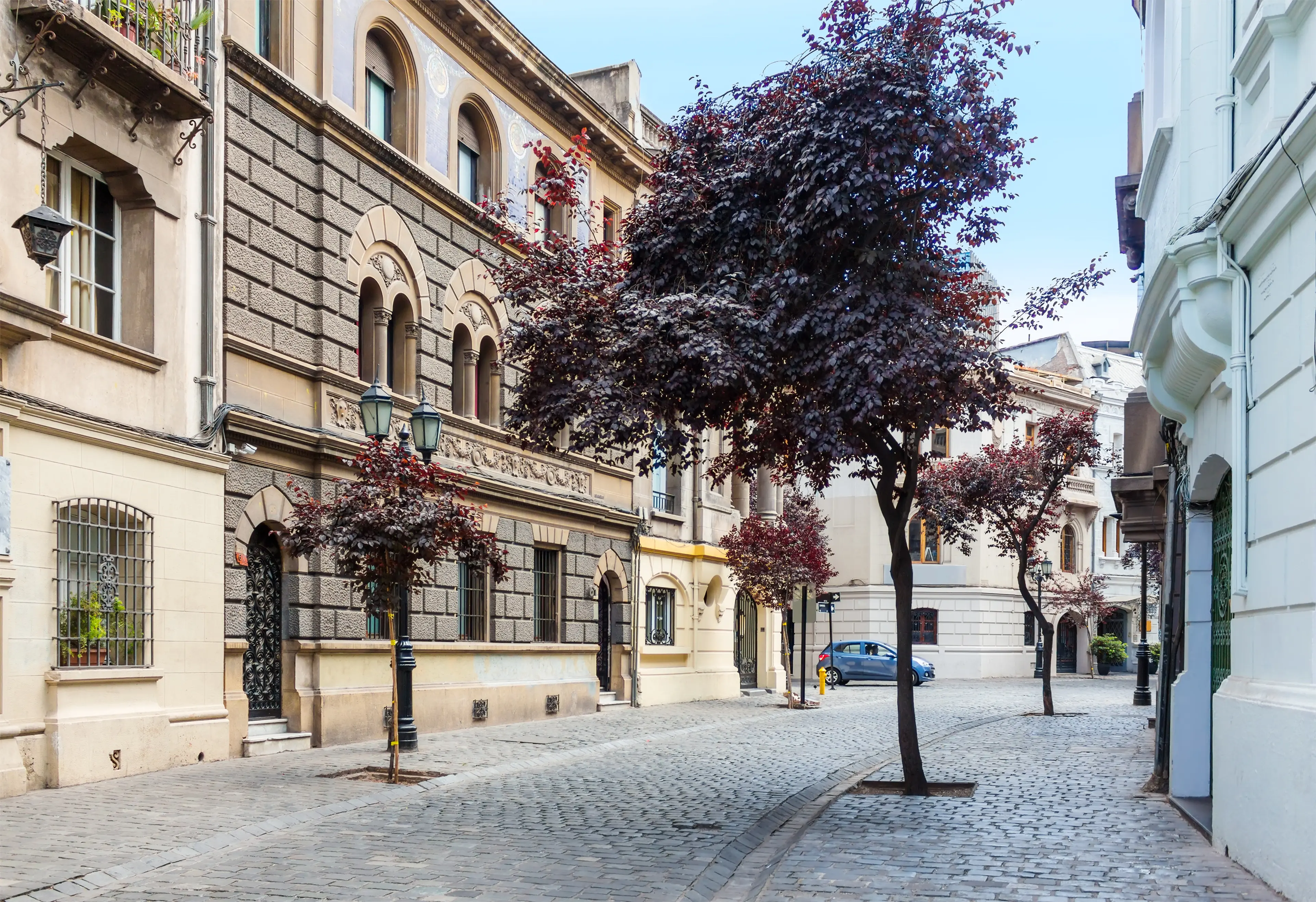
About Santiago, Chile
Experience the vibrant culture and stunning landscapes of Santiago, Chile. Nestled between the Andes and the Pacific Ocean, this cosmopolitan city offers a blend of modernity and history. Explore the bustling Plaza de Armas, the heart of the city, or visit the historic La Moneda Palace. Take a cable car to the top of San Cristobal Hill for breathtaking views. Indulge in local cuisine at the Mercado Central, known for its fresh seafood. Venture outside the city to the world-renowned vineyards of the Maipo Valley for wine tasting. Santiago's rich cultural scene, from its museums and galleries to its lively music and dance, is sure to captivate you. Discover Santiago, a city where natural beauty meets urban excitement.
6-Day Itinerary
Day 2
Historic Plaza de Armas and City Center Museums
Morning
Start your day with a visit to the iconic Plaza de Armas. This historic square is home to several important landmarks, including the Metropolitan Cathedral and the Central Post Office.
Lunch
Enjoy a leisurely lunch at a local restaurant in the city center. Try traditional Chilean dishes like cazuela or charquican.
Afternoon
Spend your afternoon exploring the city's museums. The Museum of Pre-Columbian Art and the Museum of Fine Arts are both worth a visit.
Dinner
For dinner, head to a local restaurant that specializes in Chilean cuisine. Try traditional dishes like pastel de choclo or empanadas.
Evening
End your day with a stroll through the charming Lastarria neighborhood. This area is known for its historic architecture and lively nightlife.
Day 3
More City Center Museums and Lastarria Nightlife
Morning
Start your day with a visit to the iconic Plaza de Armas. This historic square is home to several important landmarks, including the Metropolitan Cathedral and the Central Post Office.
Lunch
Enjoy a leisurely lunch at a local restaurant in the city center. Try traditional Chilean dishes like cazuela or charquican.
Afternoon
Spend your afternoon exploring the city's museums. The Museum of Pre-Columbian Art and the Museum of Fine Arts are both worth a visit.
Dinner
For dinner, head to a local restaurant that specializes in Chilean cuisine. Try traditional dishes like pastel de choclo or empanadas.
Evening
End your day with a stroll through the charming Lastarria neighborhood. This area is known for its historic architecture and lively nightlife.
Day 4
Plaza de Armas and City Center Museums
Morning
Start your day with a visit to the iconic Plaza de Armas. This historic square is home to several important landmarks, including the Metropolitan Cathedral and the Central Post Office.
Lunch
Enjoy a leisurely lunch at a local restaurant in the city center. Try traditional Chilean dishes like cazuela or charquican.
Afternoon
Spend your afternoon exploring the city's museums. The Museum of Pre-Columbian Art and the Museum of Fine Arts are both worth a visit.
Dinner
For dinner, head to a local restaurant that specializes in Chilean cuisine. Try traditional dishes like pastel de choclo or empanadas.
Evening
End your day with a stroll through the charming Lastarria neighborhood. This area is known for its historic architecture and lively nightlife.
Day 5
Museum Visits and Lastarria Nightlife
Morning
Start your day with a visit to the iconic Plaza de Armas. This historic square is home to several important landmarks, including the Metropolitan Cathedral and the Central Post Office.
Lunch
Enjoy a leisurely lunch at a local restaurant in the city center. Try traditional Chilean dishes like cazuela or charquican.
Afternoon
Spend your afternoon exploring the city's museums. The Museum of Pre-Columbian Art and the Museum of Fine Arts are both worth a visit.
Dinner
For dinner, head to a local restaurant that specializes in Chilean cuisine. Try traditional dishes like pastel de choclo or empanadas.
Evening
End your day with a stroll through the charming Lastarria neighborhood. This area is known for its historic architecture and lively nightlife.
Day 6
Final Day of Sightseeing and Lastarria Nightlife
Morning
Start your day with a visit to the iconic Plaza de Armas. This historic square is home to several important landmarks, including the Metropolitan Cathedral and the Central Post Office.
Lunch
Enjoy a leisurely lunch at a local restaurant in the city center. Try traditional Chilean dishes like cazuela or charquican.
Afternoon
Spend your afternoon exploring the city's museums. The Museum of Pre-Columbian Art and the Museum of Fine Arts are both worth a visit.
Dinner
For dinner, head to a local restaurant that specializes in Chilean cuisine. Try traditional dishes like pastel de choclo or empanadas.
Evening
End your day with a stroll through the charming Lastarria neighborhood. This area is known for its historic architecture and lively nightlife.
Attractions in Itinerary (8)
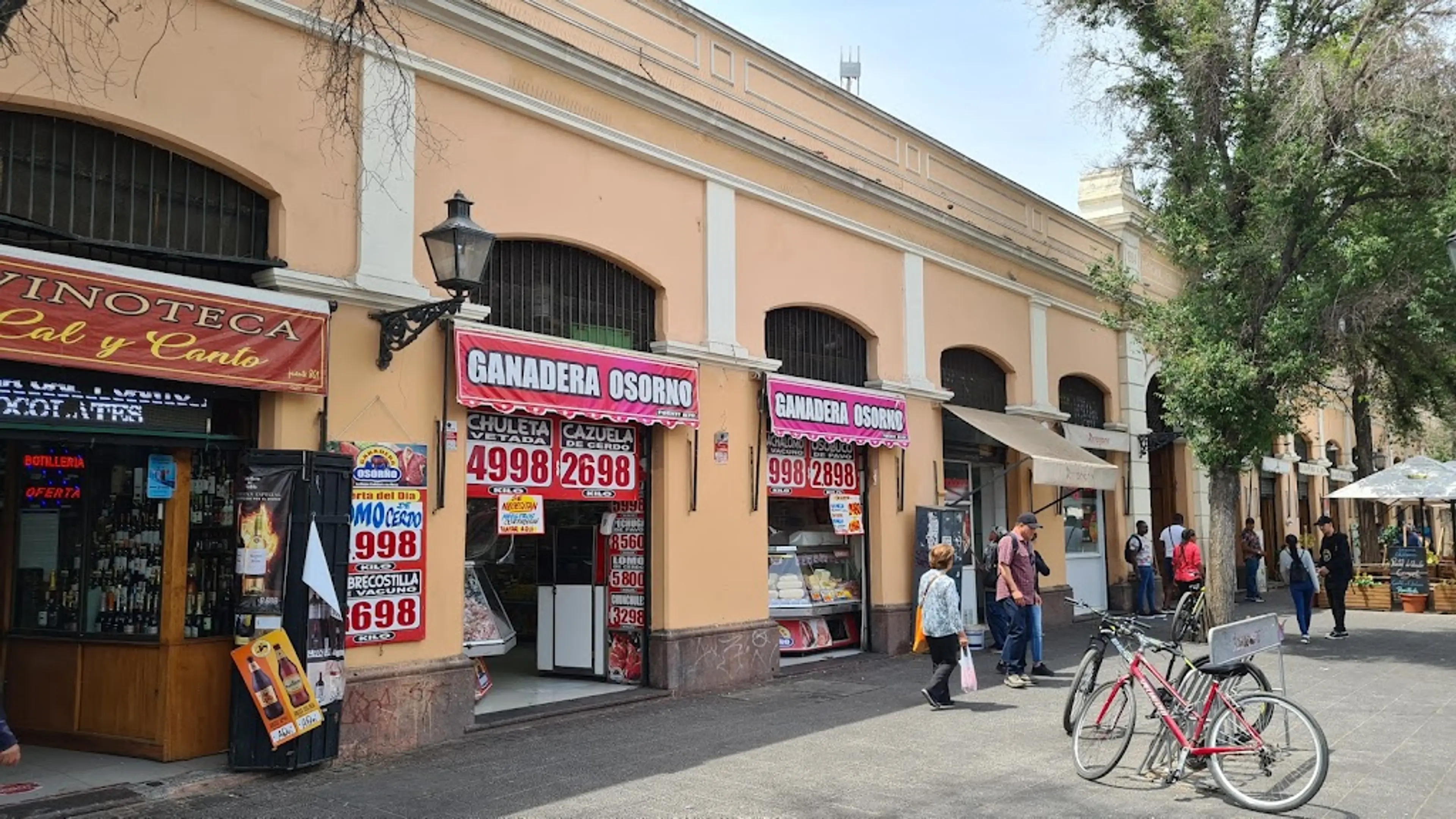
1Central Market
A bustling food market known for its fresh seafood, produce, and local food stalls.
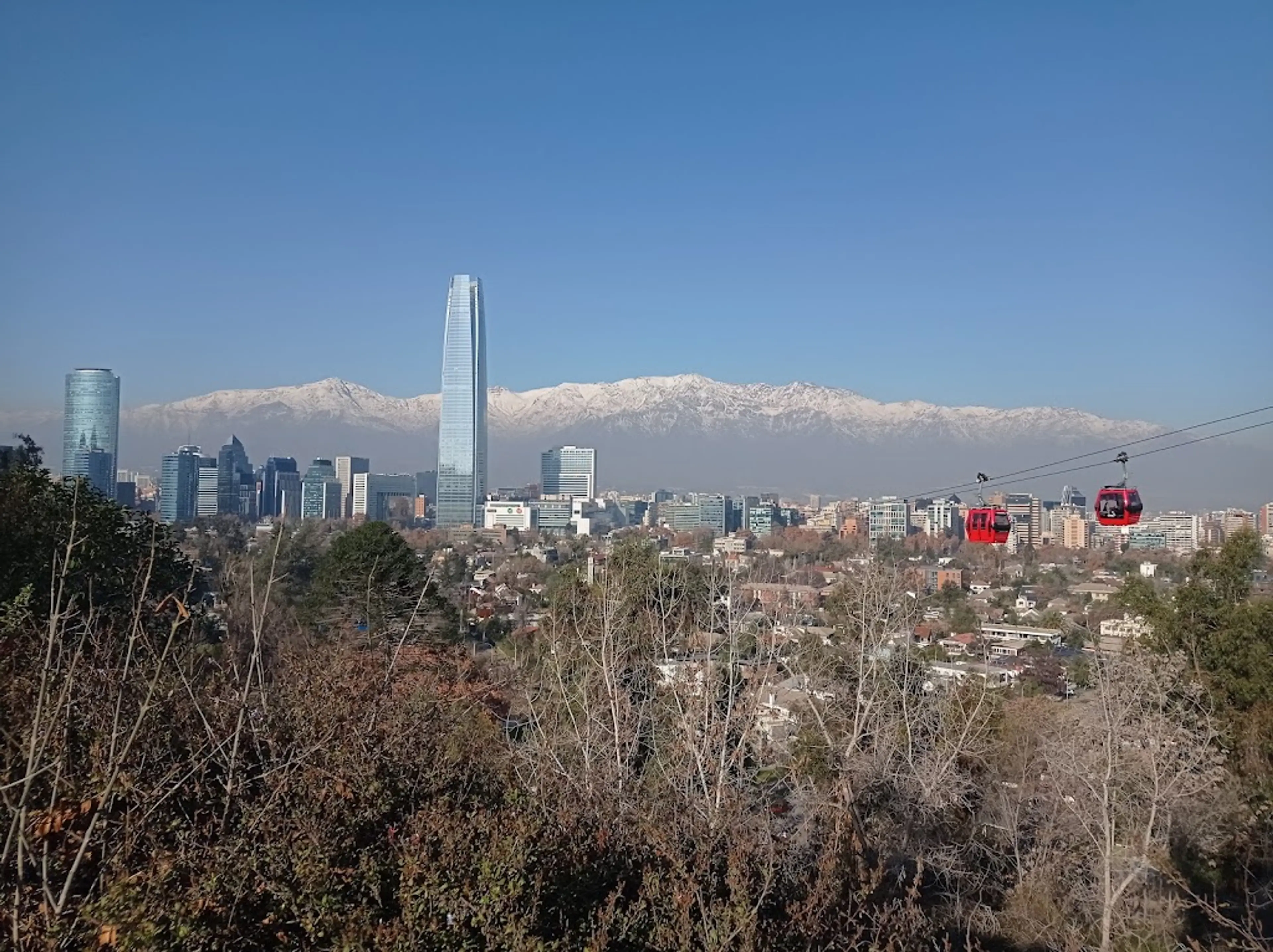
2Bellavista
A vibrant neighborhood known for its nightlife, restaurants, and colorful street art.

3Lastarria
Lastarria is a small, historic neighborhood in Santiago known for its bohemian vibe, cultural activities, and vibrant culinary scene.
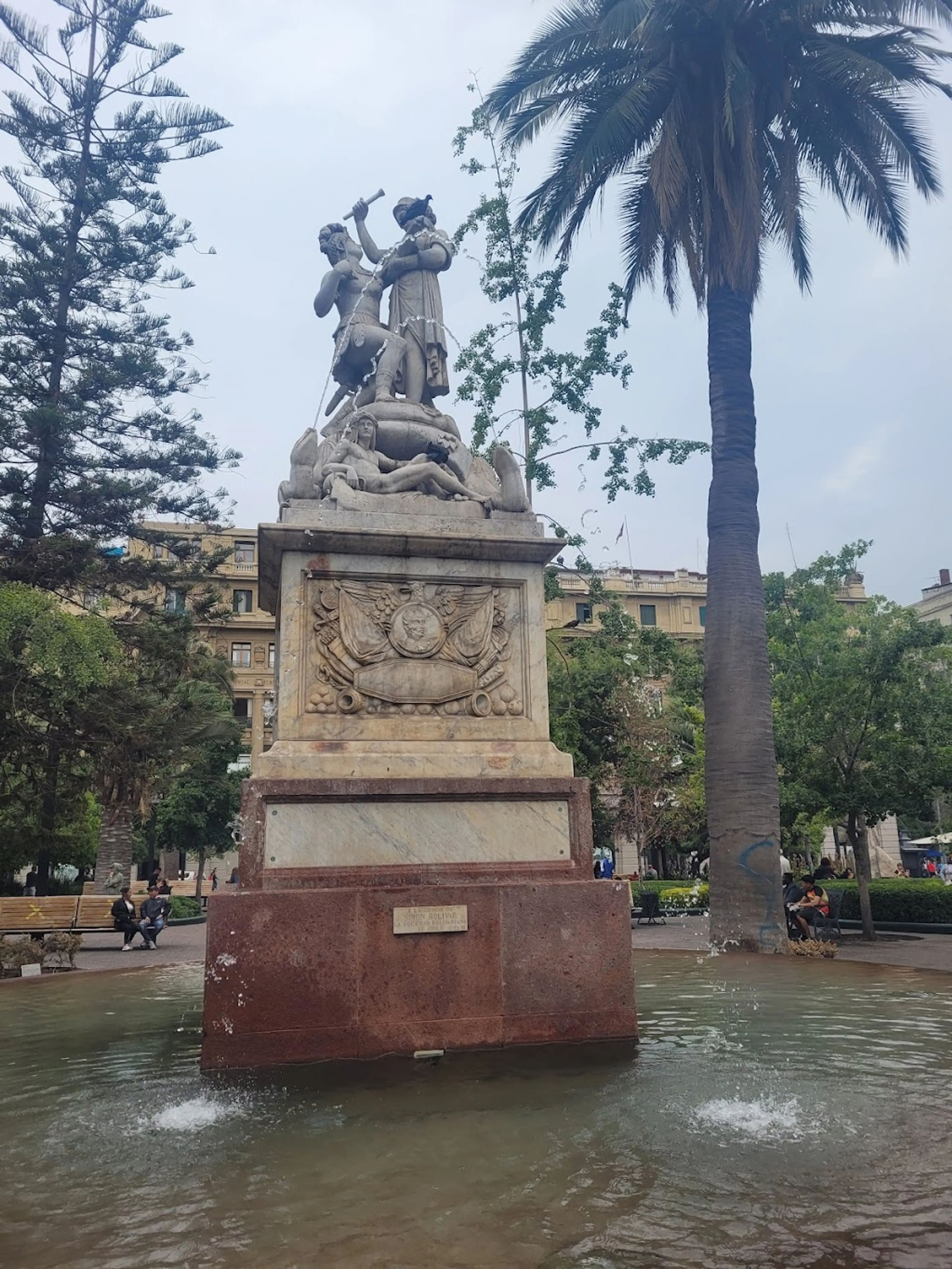
4Plaza de Armas
The main square of Santiago, surrounded by historic buildings and monuments.

5Metropolitan Cathedral
A stunning neoclassical cathedral located in the Plaza de Armas.

6Central Post Office
A historic post office building located in the Plaza de Armas. It is one of the most notable buildings in Santiago due to its imposing façade.

7Museum of Pre-Columbian Art
A museum dedicated to the study and display of pre-Columbian artworks and artifacts from Central and South America.

8Museum of Fine Arts
The Museum of Fine Arts, also known as Museo Nacional de Bellas Artes, is one of the major centers for Chilean art and for broader South American art. Established in 1880, it is the oldest museum in South America.
Local Food and Drinks (12)
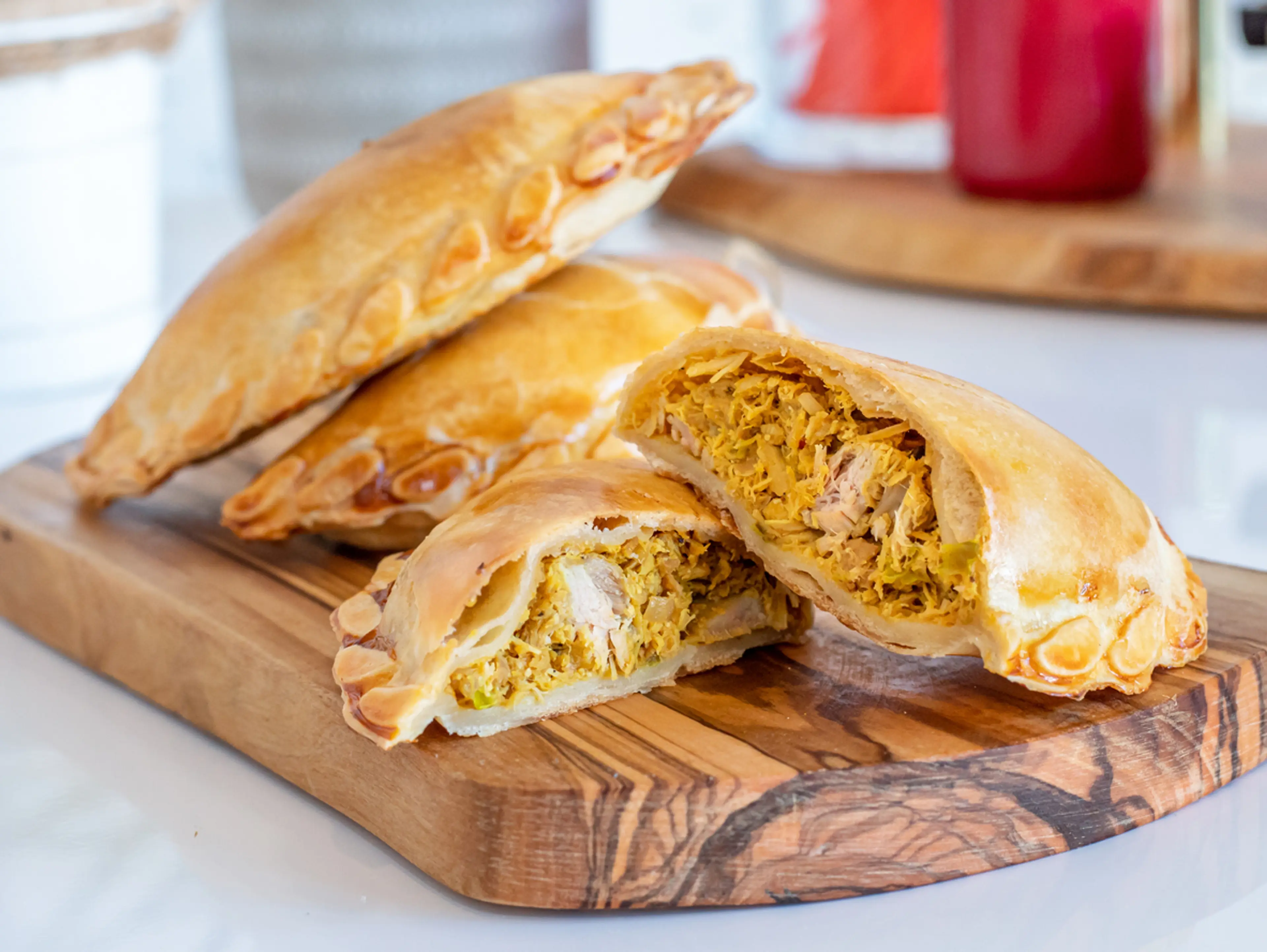
Empanadas
A popular pastry in Santiago, filled with meat, cheese, or seafood. It's a must-try street food.
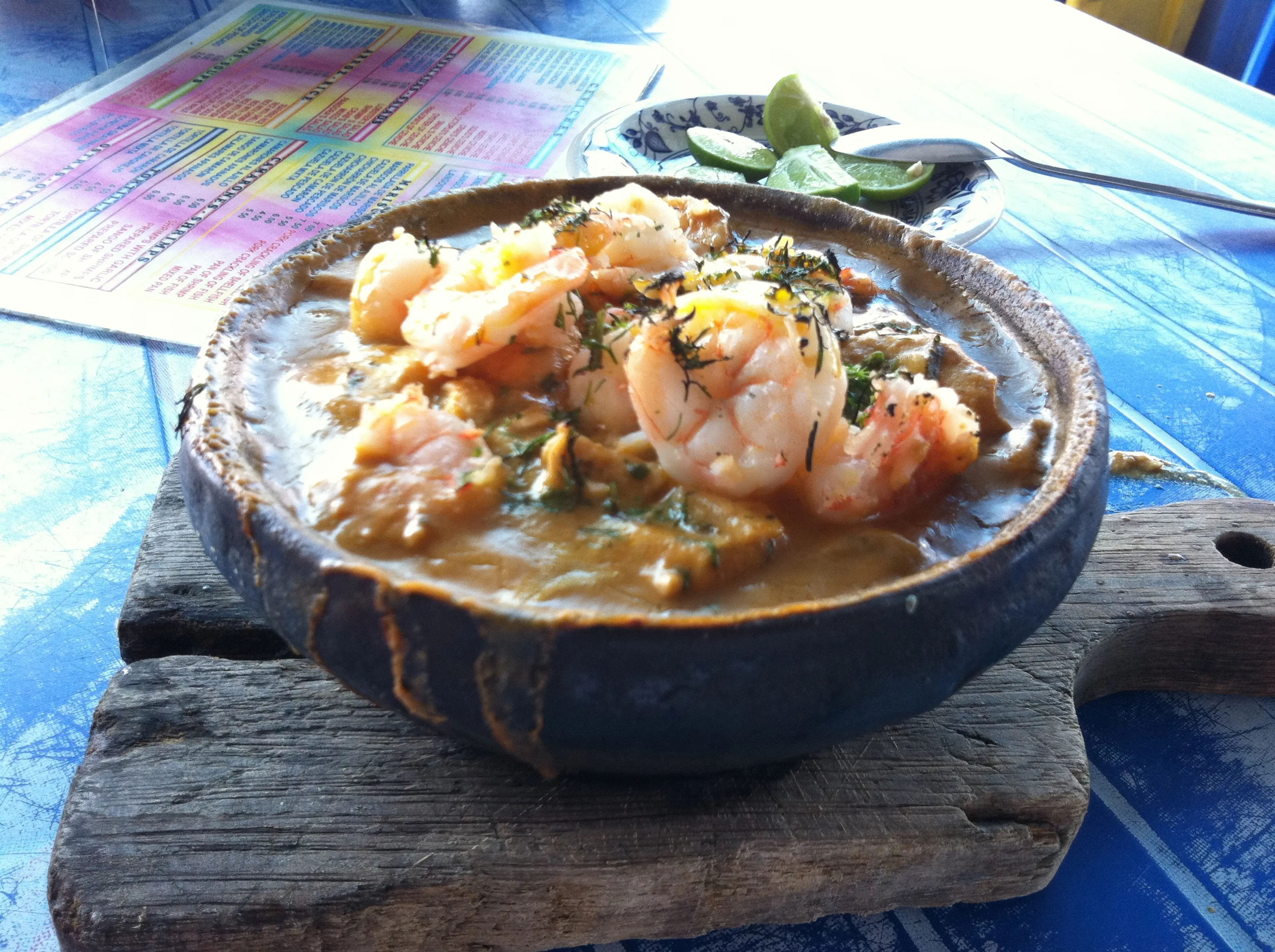
Cazuela
A traditional Chilean soup made with meat, corn, pumpkin, and potatoes. It's a staple in Santiago's local cuisine.
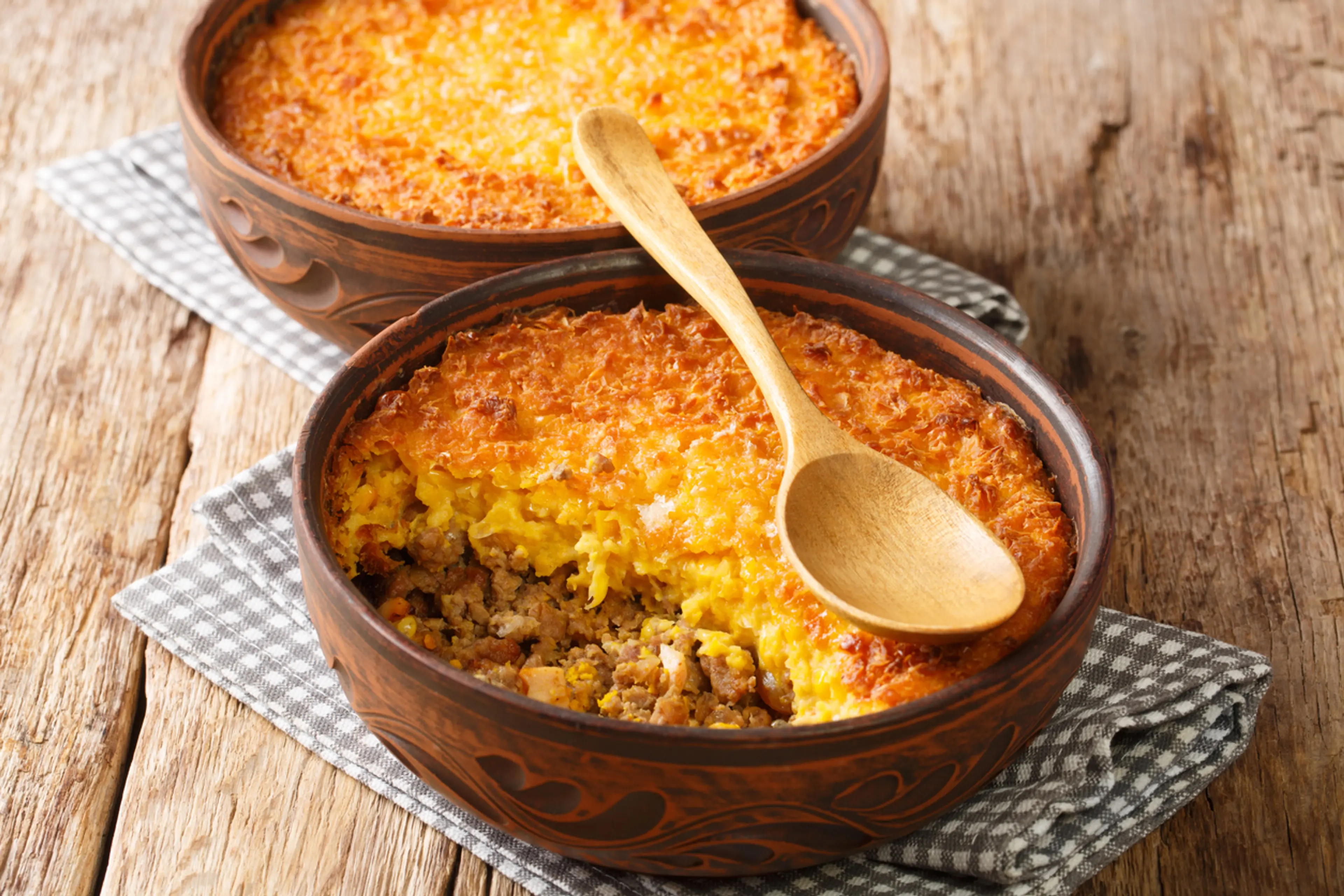
Pastel de Choclo
A corn and meat pie, often made with chicken, beef, and olives. It's a classic dish in Santiago.
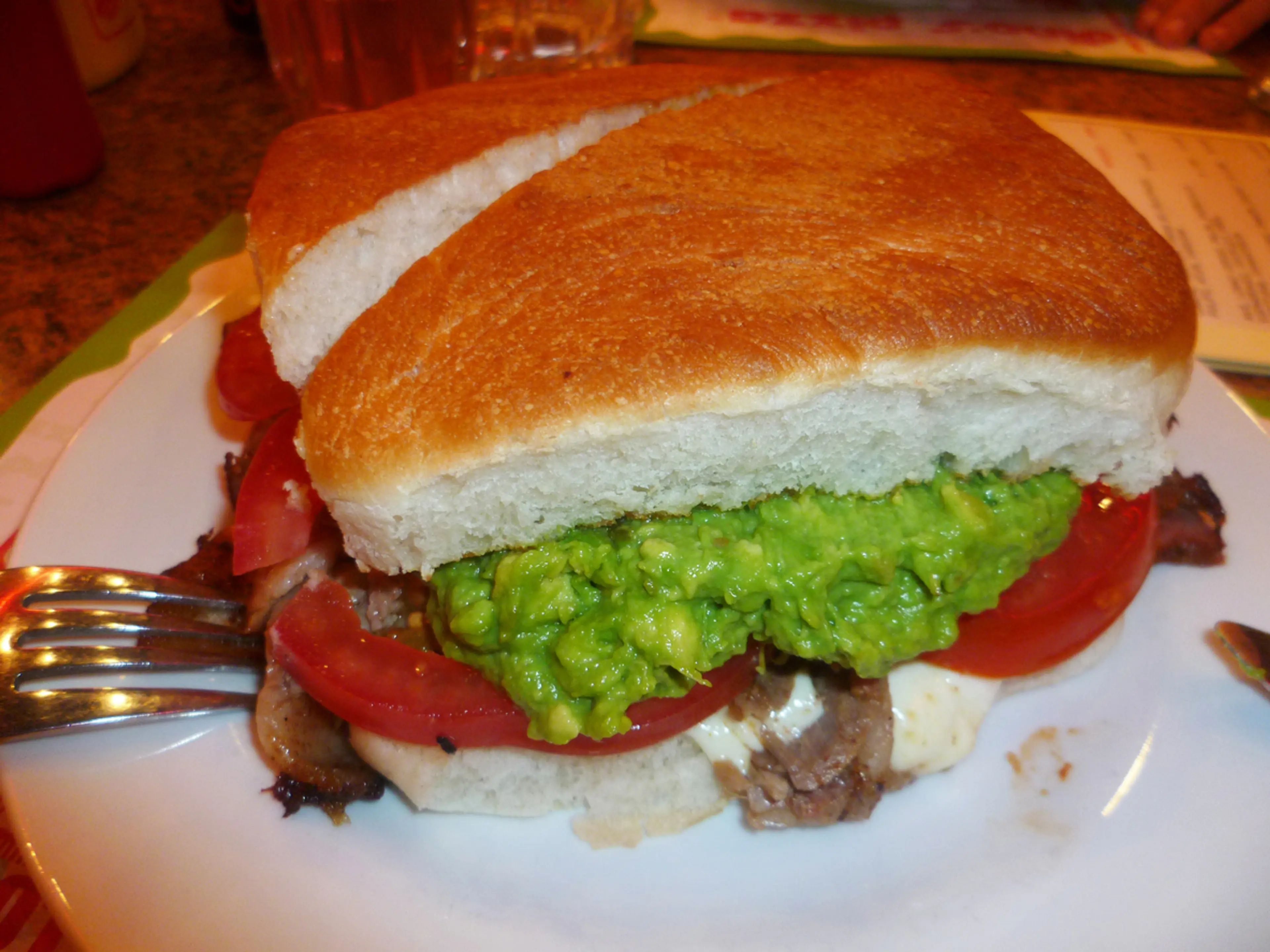
Churrasco
A sandwich made with thinly sliced steak, tomato, avocado, and mayonnaise. It's a popular fast food in Santiago.
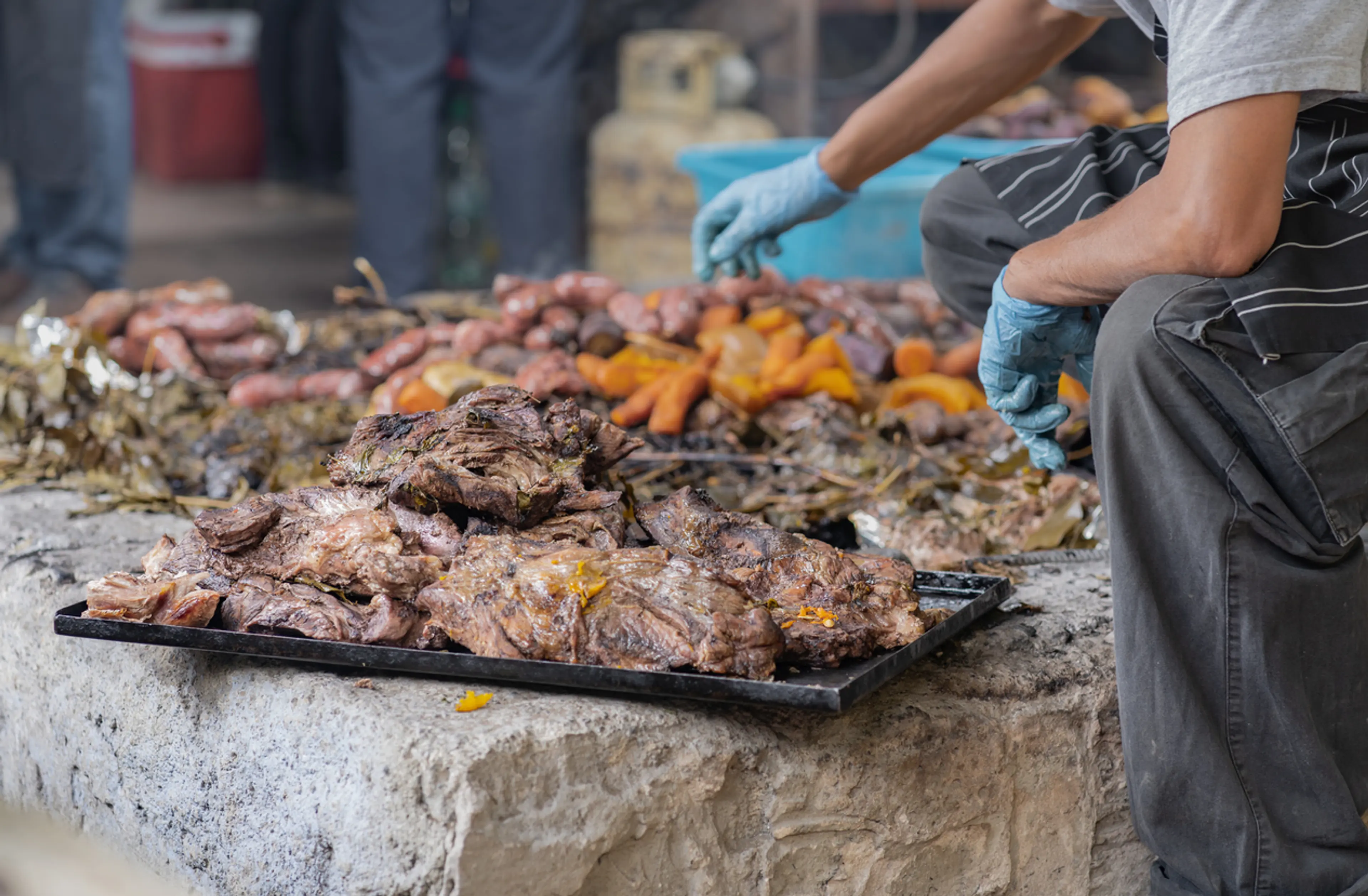
Curanto
A traditional dish made with seafood, meat, and potatoes, cooked in a hole in the ground. It's a speciality of the Chiloe Island but can be found in Santiago.
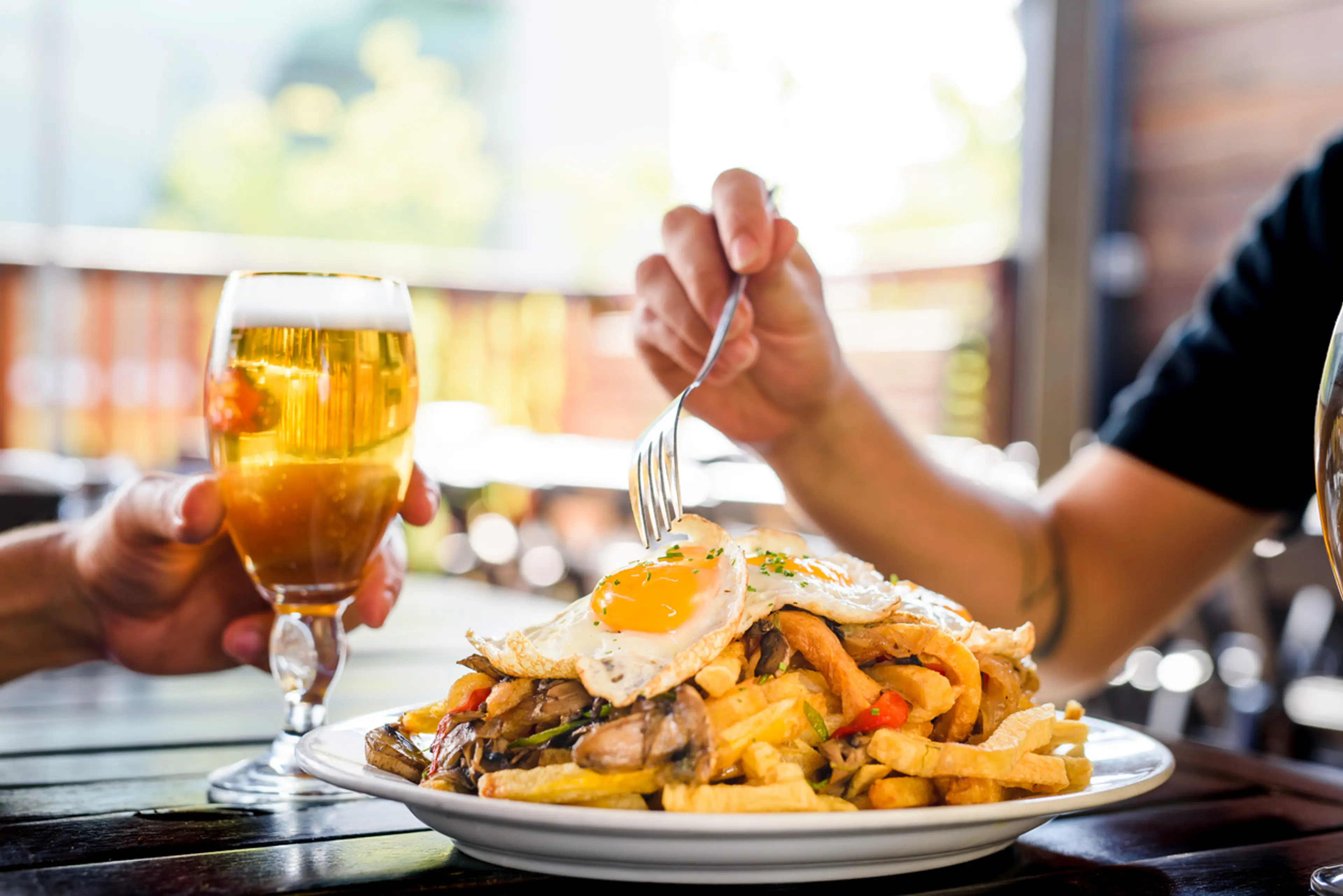
Chorillana
A hearty dish made with fries, sausages, beef, and fried eggs. It's a popular late-night snack in Santiago.
Congrio Frito
A fried conger eel dish, often served with potatoes and salad. It's a common seafood dish in Santiago.
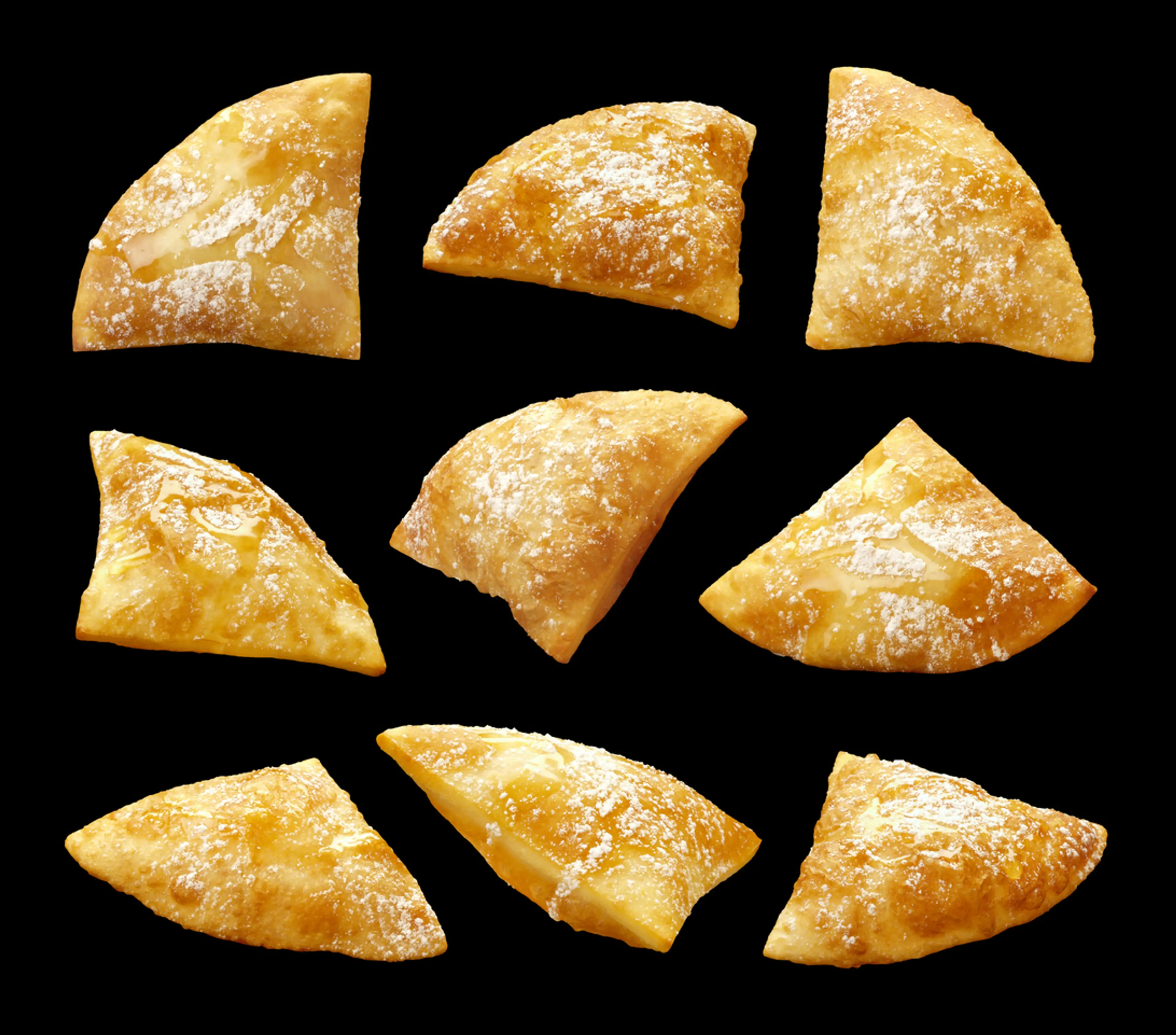
Sopaipillas
A type of fried pastry made from pumpkin and flour. It's a popular street food in Santiago, often served with pebre sauce.
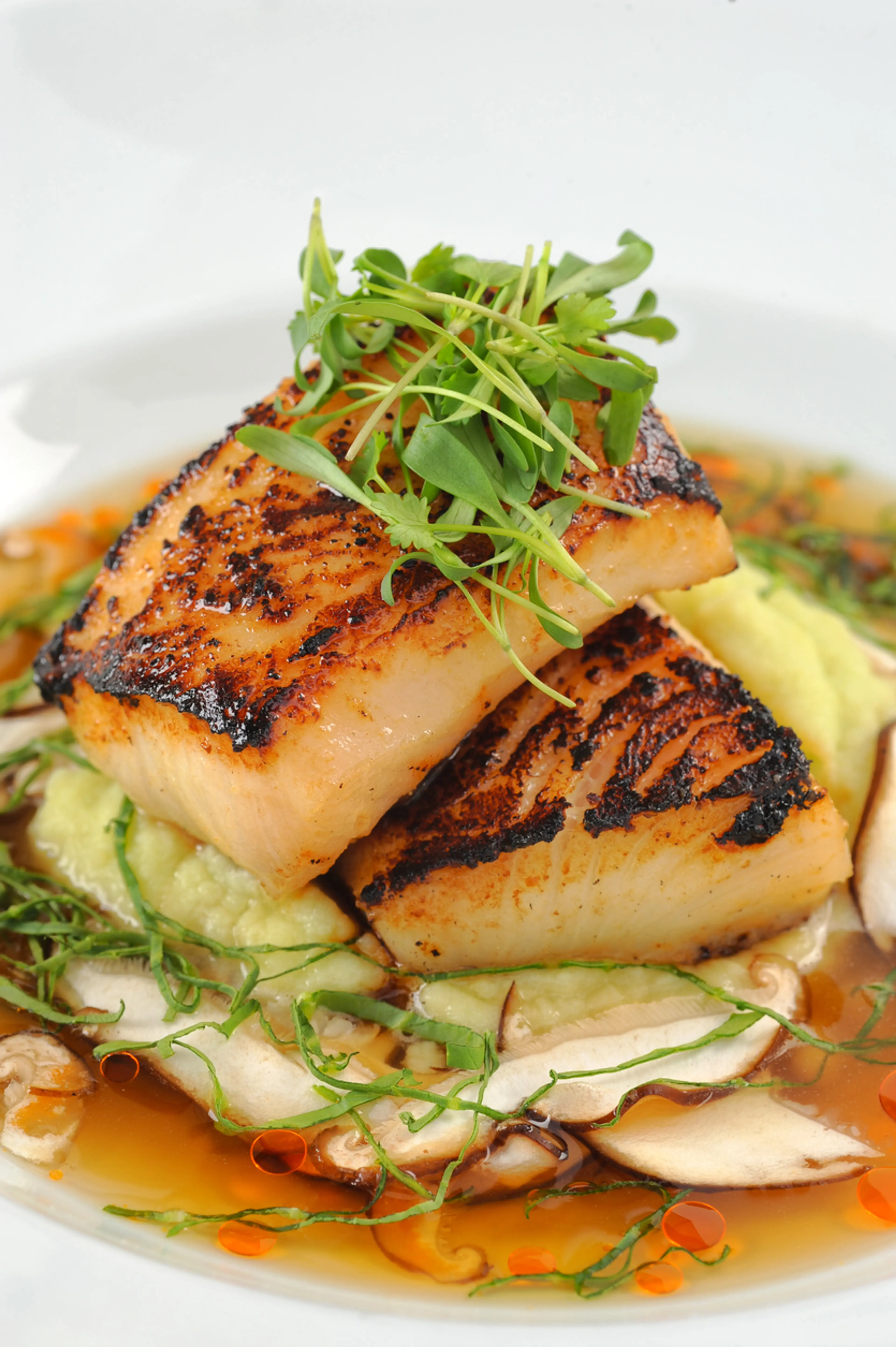
Chilean Sea Bass
A popular fish dish in Santiago, often grilled or baked and served with a variety of sauces.
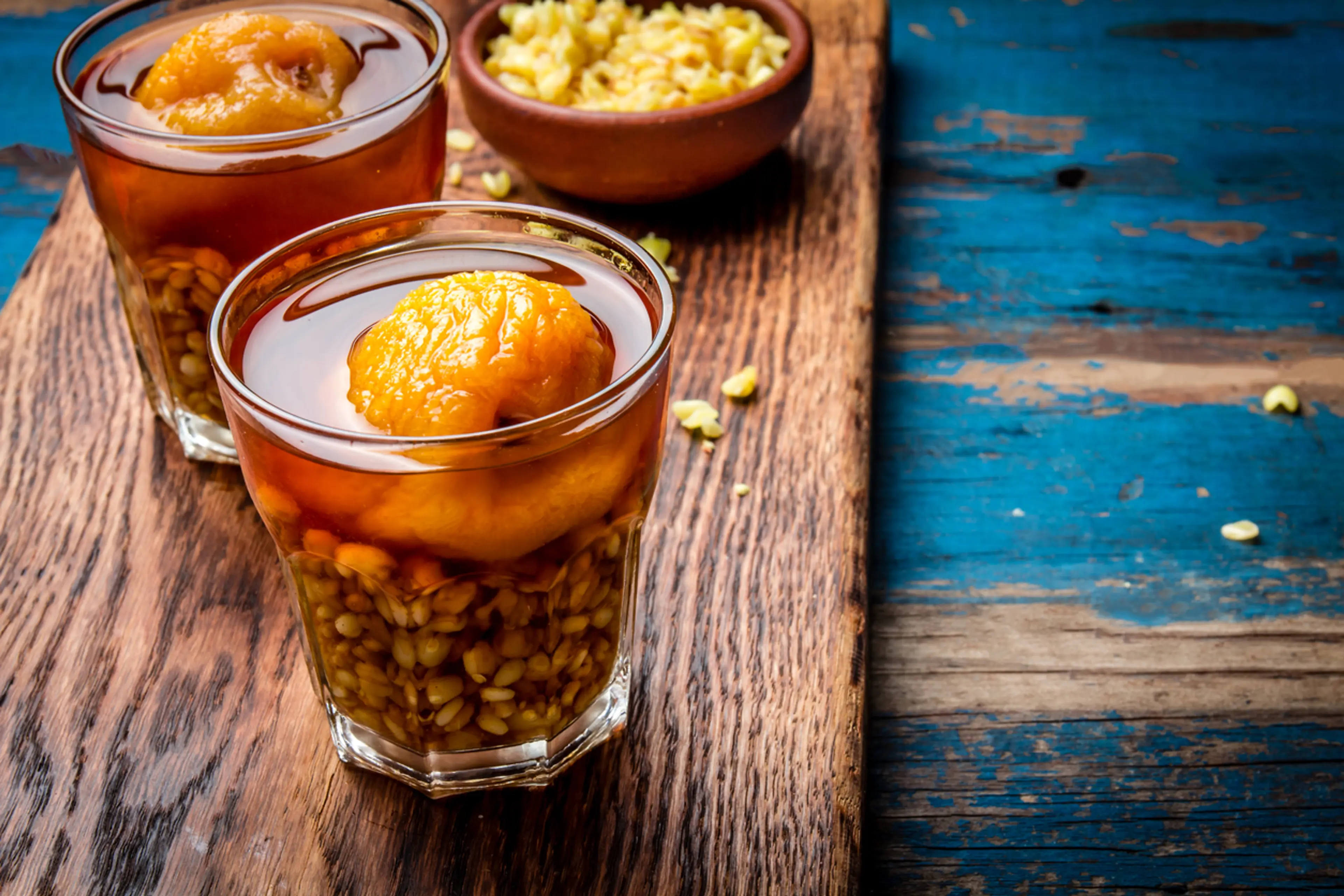
Mote con Huesillo
A traditional Chilean summer drink made with wheat and peaches. It's a refreshing drink often sold by street vendors in Santiago.
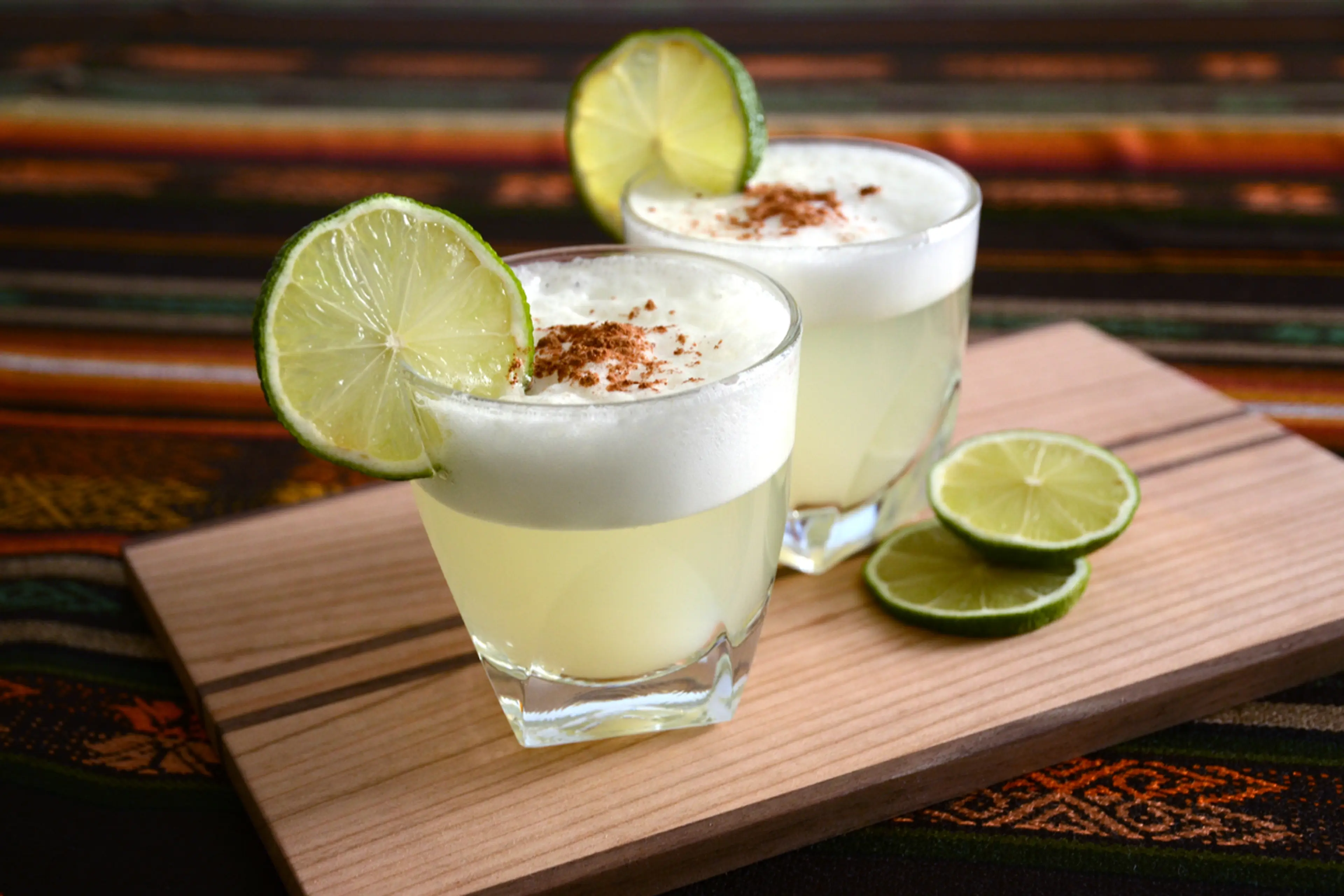
Pisco Sour
A famous Chilean cocktail made with Pisco, lemon juice, sugar, and egg white. It's a must-try drink in Santiago.
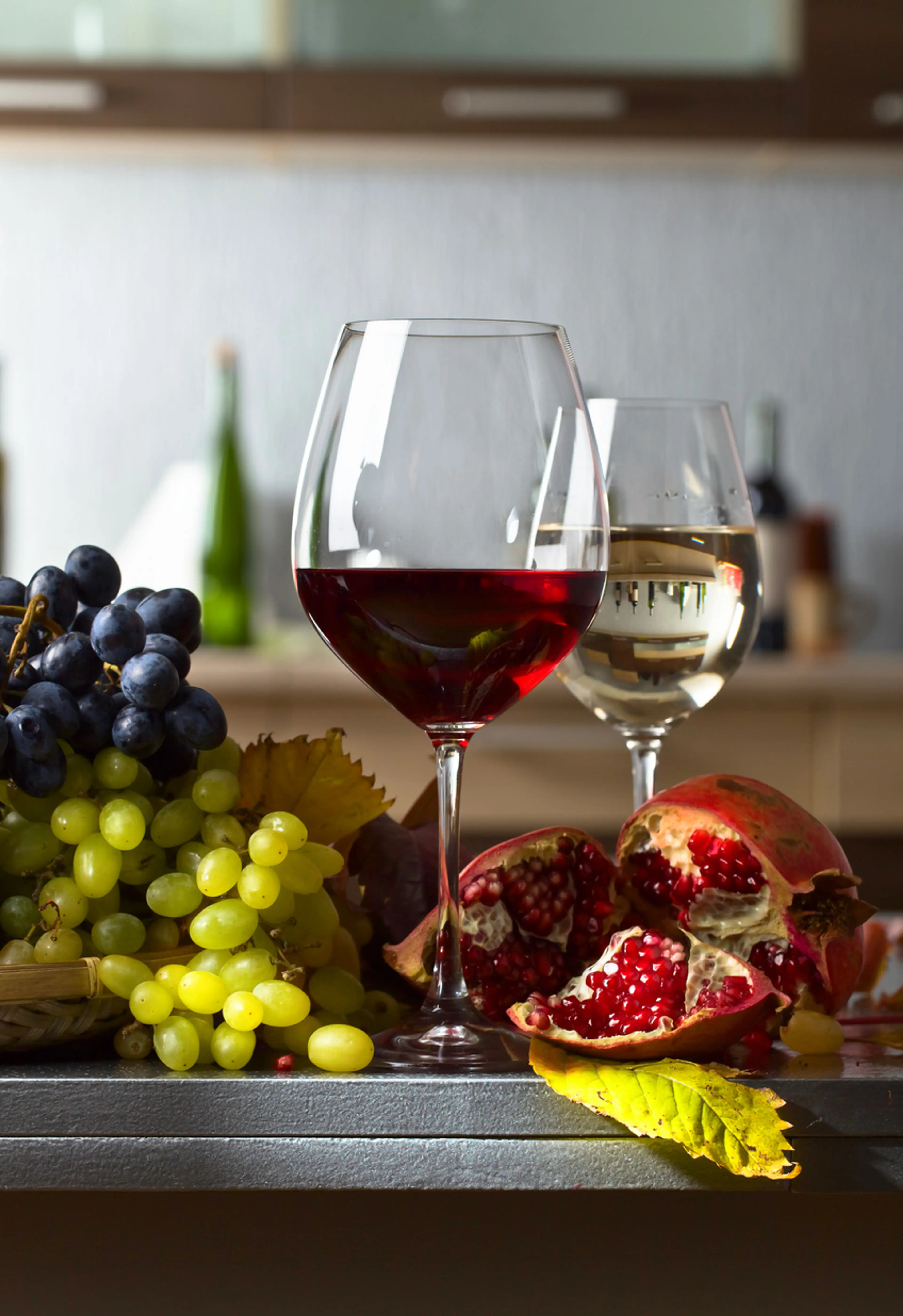
Carmenere Wine
A red wine made from the Carmenere grape, which is grown in the vineyards around Santiago.
Best time to visit
The best time to visit Santiago, Chile is during the spring (September to November) and fall (March to May) seasons. During these periods, the weather is pleasant and the city is less crowded. The temperatures range from 60°F to 75°F, making it ideal for outdoor activities and sightseeing. However, if you're interested in skiing, winter (June to August) is the best time to visit.
How to get around
Subway
Santiago's subway system, known as Metro de Santiago, is one of the most modern in Latin America. It's a fast and efficient way to get around the city. The subway operates from 5:30 AM to midnight.
Bus
Transantiago is the public bus system in Santiago. It operates 24/7, although with less frequency during the night. The buses cover the entire city and are a cost-effective way to travel.
Taxi
Taxis are widely available in Santiago. They are black with a yellow roof. All taxis are metered, so make sure the meter is running to avoid being overcharged.
Colectivo
Colectivos are shared taxis that follow a fixed route. They are a popular and inexpensive way to travel, especially for short distances. They can be identified by their black body and yellow roof, similar to taxis, but with a sign indicating their specific route.
Ridesharing
Ridesharing services like Uber and Cabify operate in Santiago. They can be a convenient option, especially if you're not familiar with the city or don't speak Spanish. You can book a ride using their respective apps.
Bicycle
Santiago has an extensive network of bike lanes, making it a bike-friendly city. There are several bike rental companies where you can rent a bike for a few hours or the entire day.
Car Rental
Renting a car can be a good option if you plan to visit places outside of Santiago. However, traffic can be heavy and parking can be difficult in the city center. Make sure you're comfortable with driving in these conditions.
Walk
Many of Santiago's attractions are within walking distance of each other, especially in neighborhoods like Bellavista, Lastarria, and Providencia. Walking can be a pleasant way to explore the city, but be mindful of your belongings and avoid less crowded areas at night.
Important information
Currency$ CLP
Time zoneUTC-3
Driving sideRight
Emergency phoneAmbulance: 131; Fire: 132; Police 132
Drinking waterOpt for bottled water
Power sockets
Voltage220 V
Things to know about Santiago, Chile as a first time visitor
1
Santiago is the capital and largest city of Chile.
2
The official language is Spanish, so it's helpful to know some basic phrases.
3
The local currency is the Chilean Peso (CLP). Credit cards are widely accepted, but it's always good to have some cash on hand.
4
Santiago is located in a valley surrounded by the Andes and the Chilean Coastal Range, which can trap smog in the city, particularly in winter.
5
The city has a Mediterranean climate with hot, dry summers (November to March) with temperatures reaching up to 95°F (35°C) and mild, wet winters (June to August) with temperatures dropping to around 35°F (2°C).
6
Tipping is customary in Chile. A 10% tip is generally expected in restaurants.
7
Public transportation is widely available and includes the Metro de Santiago, buses, and taxis. However, be aware that rush hour can be very crowded.
8
Santiago is generally safe, but like any large city, it's important to be aware of your surroundings and keep an eye on your belongings.
9
Chilean cuisine is diverse and delicious. Be sure to try local dishes like empanadas, cazuela, and pastel de choclo.
10
Chile is known for its wine, so consider visiting a local vineyard or trying a wine tasting.
11
Santiago is in the Chile Standard Time zone (CLT), which is 4 hours behind Coordinated Universal Time (UTC-4).
12
The electrical outlets in Chile are type C and L. The standard voltage is 220 V, and the standard frequency is 50 Hz.
13
Tap water in Santiago is generally safe to drink, but it has a high mineral content that can upset some people's stomachs. Bottled water is widely available.
14
Santiago has a vibrant nightlife with many bars, clubs, and live music venues.
15
Chileans are known for their hospitality and warmth. Don't be surprised if you're greeted with a kiss on the cheek.
16
If you're a U.S. citizen, you don't need a visa for tourist visits of up to 90 days, but your passport must be valid for at least six months beyond your planned date of departure.
17
Chile has a value-added tax (VAT) of 19% on most goods and services, but foreign tourists can get a refund on VAT for accommodations.
18
Santiago is a modern city with good healthcare facilities, but it's always wise to have travel insurance that covers medical expenses.
19
Chile is located in an active seismic zone, so familiarize yourself with safety procedures in case of an earthquake.
20
Respect local customs and traditions. Chileans are generally conservative and formal in their dress and manners.
Basic Spanish to know as a first time visitor
English phrase | Native phrase | Pronunciation | When to use it |
|---|---|---|---|
Hello | Hola | O-la | Greeting someone |
Goodbye | Adiós | A-dee-os | Leaving someone |
Please | Por favor | Por fa-vor | Making a request |
Thank you | Gracias | Gra-see-as | Showing appreciation |
Yes | Sí | See | Agreeing with someone |
No | No | No | Disagreeing with someone |
Excuse me | Perdón | Per-don | Getting someone's attention |
I'm sorry | Lo siento | Lo see-en-to | Apologizing |
Do you speak English? | ¿Hablas inglés? | Ab-las in-gles | Asking if someone speaks English |
I don't understand | No entiendo | No en-tee-en-do | When you don't understand what was said |
Where is the bathroom? | ¿Dónde está el baño? | Don-de es-ta el ban-yo | Asking for directions to the bathroom |
How much does it cost? | ¿Cuánto cuesta? | Kwan-to kwes-ta | Asking the price of something |
I would like... | Me gustaría... | Me gus-ta-ree-a | Expressing a desire for something |
Help! | ¡Ayuda! | A-yu-da | In case of emergency |
Call the police! | ¡Llama a la policía! | Ya-ma a la po-lee-see-a | In case of emergency |
I need a doctor | Necesito un médico | Ne-ce-si-to un me-di-co | In case of health emergency |
Can I have the menu, please? | ¿Puedo tener el menú, por favor? | Pwe-do te-ner el me-nu, por fa-vor | At a restaurant |
Water | Agua | A-gua | At a restaurant or when thirsty |
Beer | Cerveza | Ser-ve-za | At a restaurant or bar |
Cheers! | ¡Salud! | Sa-lud | When toasting drinks |
Packing List
Clothing
Underwear (6 pairs)
Socks (6 pairs)
T-shirts (6)
Long-sleeve shirts (2)
Jeans or trousers (2 pairs)
Shorts (2 pairs)
Sweater or hoodie (1)
Lightweight jacket (1)
Swimsuit (1)
Sleepwear (1 set)
Comfortable walking shoes (1 pair)
Sandals or flip-flops (1 pair)
Hat or cap (1)
Sunglasses (1 pair)
Scarf or bandana (1)
Toiletries
Toothbrush and toothpaste
Deodorant
Shampoo and conditioner
Body wash or soap
Razor and shaving cream
Sunscreen
Lip balm with SPF
Hand sanitizer
First-aid kit
Prescription medications
Travel-size laundry detergent
Travel documents and essentials
Passport
Driver's license or ID card
Credit and debit cards
Cash in local currency
Travel insurance documents
Hotel and transportation reservation confirmations
Emergency contact information
Guidebook or map
Electronics and gadgets
Smartphone
Charger for smartphone
Universal power adapter
Headphones or earbuds
Camera
Charger for camera
Portable power bank
Travel alarm clock
Miscellaneous items
Travel pillow
Earplugs and eye mask
Reusable water bottle
Snacks
Books or e-reader
Travel-size umbrella
Zip-lock bags
Tote bag or day pack
Travel laundry line and sink stopper
Weather Conditions
Santiago, Chile, is a city that experiences a Mediterranean climate, with hot, dry summers and cool, wet winters. If you're planning to visit Santiago during the summer months, which run from December to March, you should prepare for hot and dry conditions. Average temperatures typically range from 85°F (29°C) during the day to around 57°F (14°C) at night. It's advisable to pack lightweight, breathable clothing, a hat, sunglasses, and a high SPF sunscreen to protect yourself from the intense sun. The winter months, from June to August, are quite different. During this period, Santiago experiences cooler temperatures and increased rainfall. Daytime temperatures can drop to around 57°F (14°C), while at night, it can get as cold as 37°F (3°C). If you're visiting during winter, it's wise to pack warm clothing, including a waterproof jacket or umbrella for the rainy days. The shoulder seasons - spring (September to November) and autumn (April to June) - offer mild and pleasant weather, with average temperatures ranging from 50°F (10°C) to 75°F (24°C). These periods are ideal for outdoor activities and sightseeing, so pack a mix of light and warm clothing. Regardless of when you visit, it's always a good idea to check the local weather forecast before your trip to Santiago, Chile. This will help you pack appropriately and plan your activities accordingly. Remember, the weather can sometimes be unpredictable, so it's always best to be prepared.
| Month | Hi / Lo (°C) | Weather Overview |
|---|---|---|
January | 29° / 12° | January is the peak of summer in Santiago, Chile. Expect hot days, perfect for exploring the city and its surroundings. |
February | 29° / 12° | February continues the summer season with warm temperatures. It's a great time for outdoor activities and wine tours. |
March | 26° / 10° | March sees the start of autumn with slightly cooler temperatures. It's a perfect time to visit the vineyards and enjoy the fall colors. |
April | 22° / 8° | April is mid-autumn in Santiago, with cooler temperatures and fewer tourists. It's a great time to explore the city's cultural sites. |
May | 19° / 5° | May brings the onset of winter with cooler temperatures. Pack warm clothes and enjoy the city's indoor attractions like museums and cafes. |
June | 17° / 3° | June is winter in Santiago, with the lowest temperatures of the year. It's a good time for indoor activities or skiing in the nearby Andes. |
July | 17° / 3° | July is the coldest month in Santiago. It's a great time for skiing or enjoying a hot coffee in one of the city's charming cafes. |
August | 20° / 4° | August marks the end of winter with slightly warmer temperatures. It's a good time to visit if you prefer less crowded tourist spots. |
September | 22° / 6° | September is the start of spring in Santiago. The city comes alive with blooming flowers and outdoor festivals. |
October | 24° / 8° | October offers pleasant spring weather. It's a perfect time for hiking and exploring the beautiful Chilean landscapes. |
November | 26° / 10° | November is late spring in Santiago, with warm days and cool nights. It's a great time for outdoor activities and sightseeing. |
December | 29° / 12° | December is the start of summer in Santiago. It's a perfect time for beach trips and outdoor adventures. |
Did you know?
Places near by Santiago, Chile
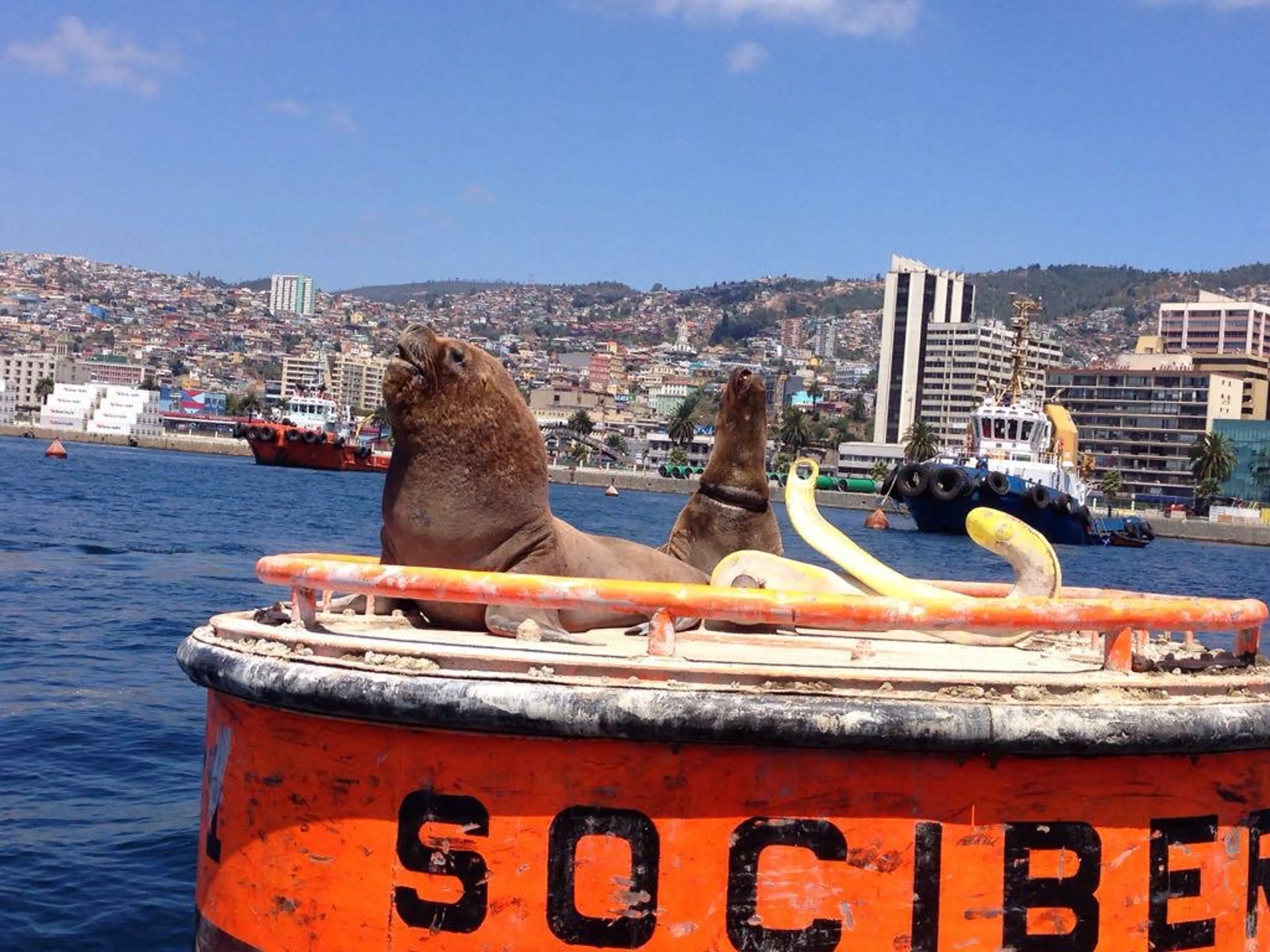
Valparaiso
A vibrant city known for its steep funiculars and colorful clifftop homes.
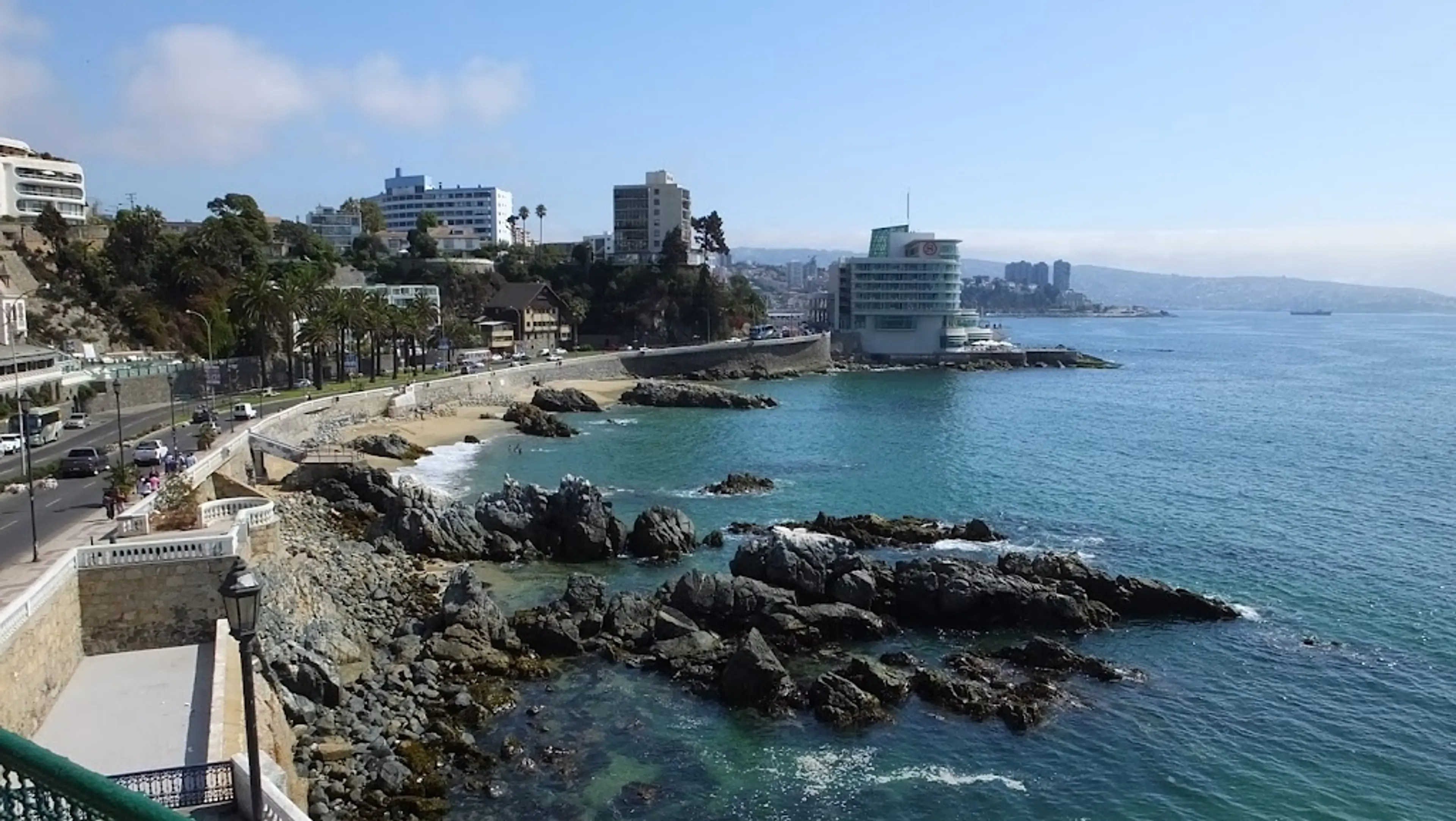
Vina del Mar
Known as 'Garden City' for its lush gardens and palm-lined avenues. It's also famous for its beaches.
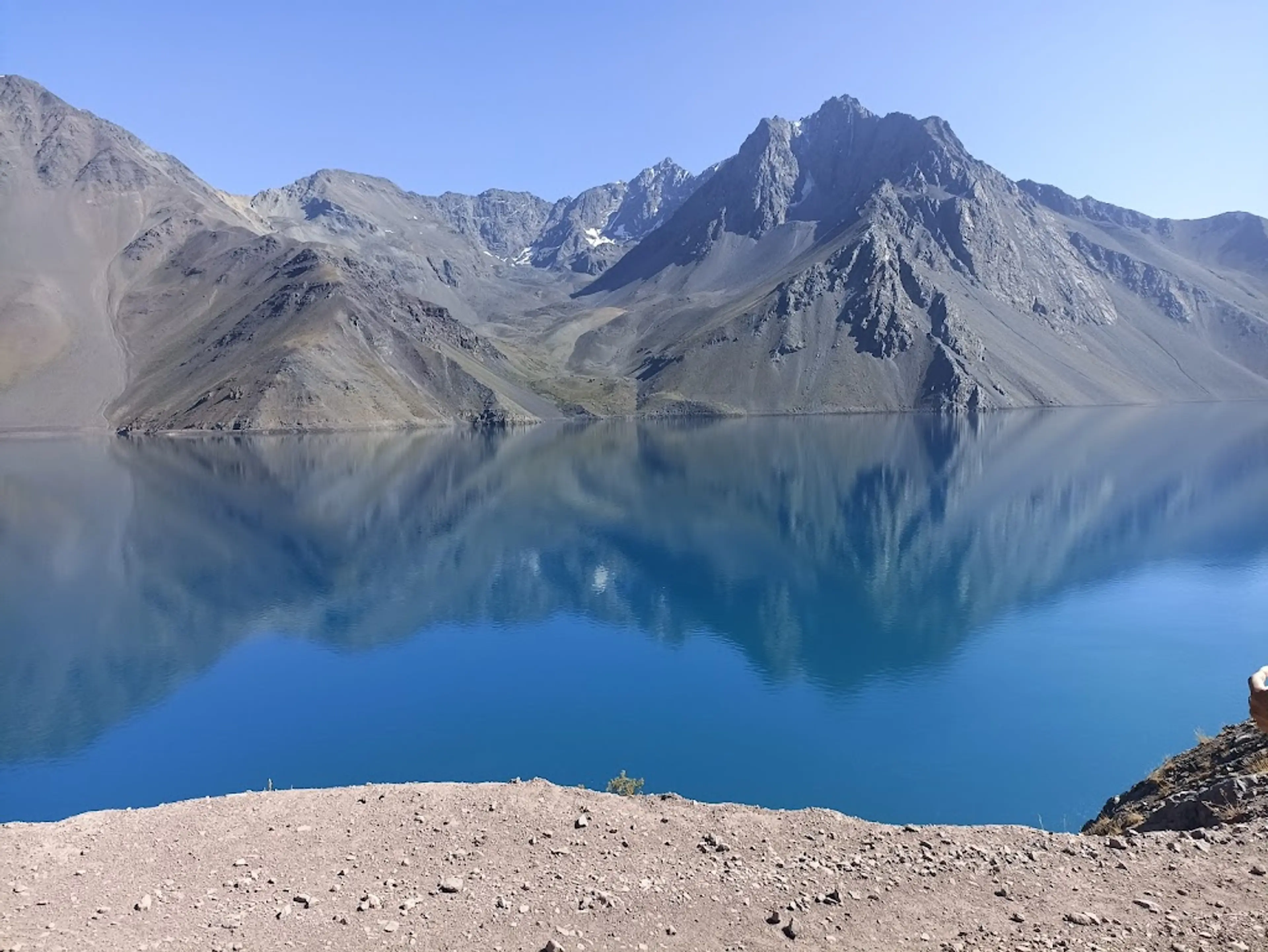
Cajon del Maipo
A canyon located in the Andean southeastern portion of the Santiago Metropolitan Region. It's perfect for hiking and picnics.

Pomaire
A small village famous for its pottery and Chilean cuisine.
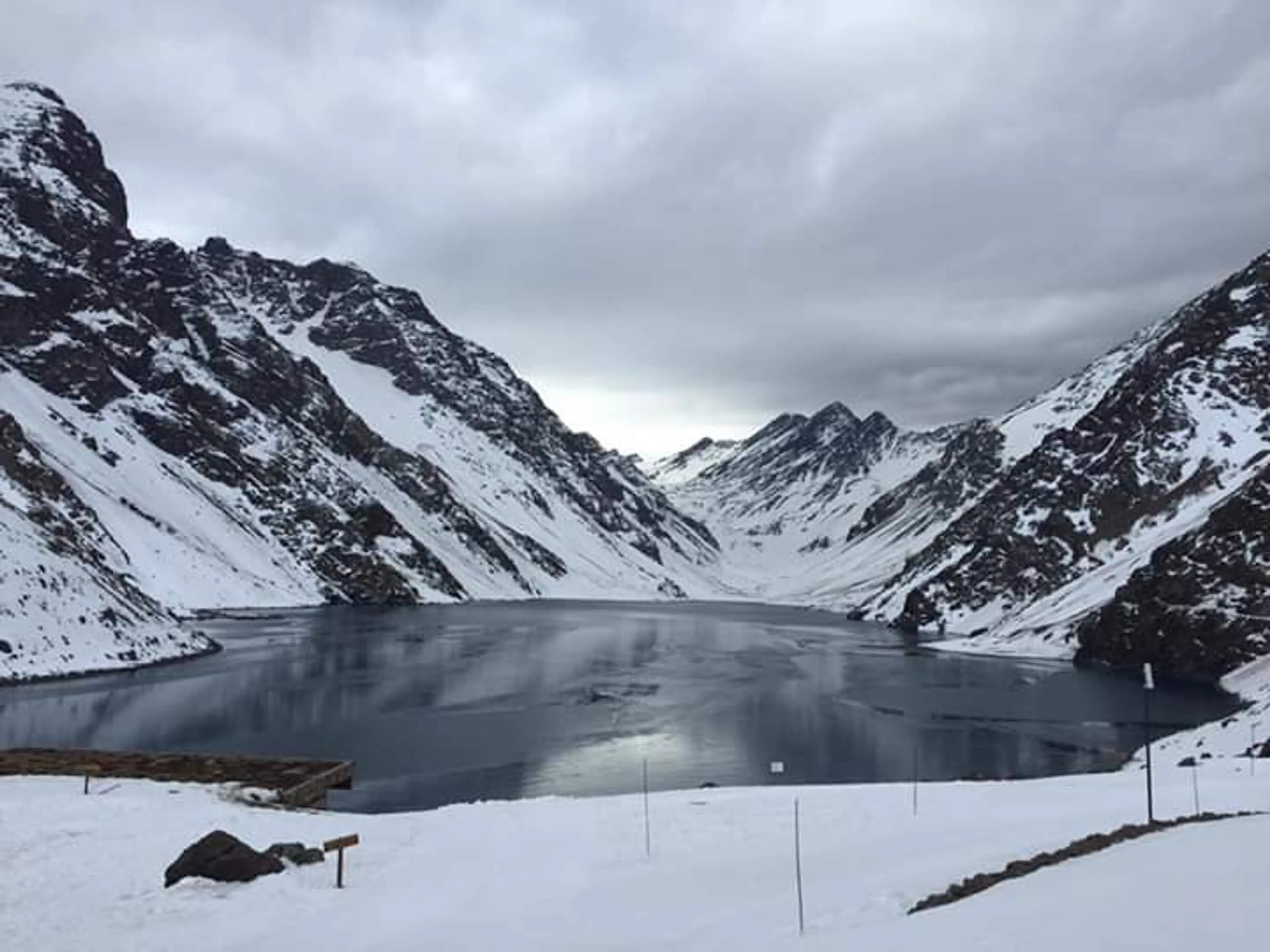
Portillo
One of the most well-known ski resorts in South America.
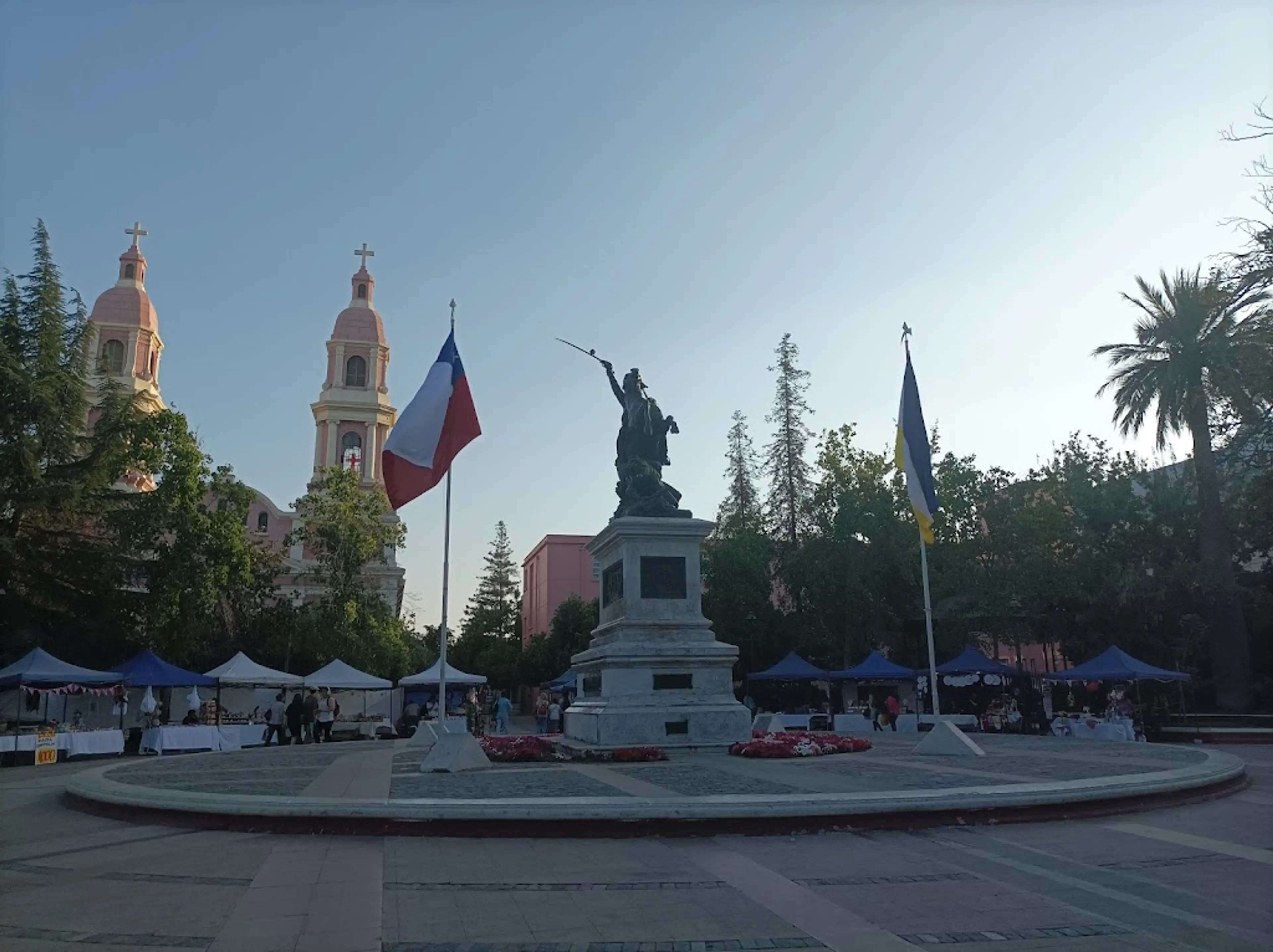
Rancagua
Known for its historic sites and vineyards.
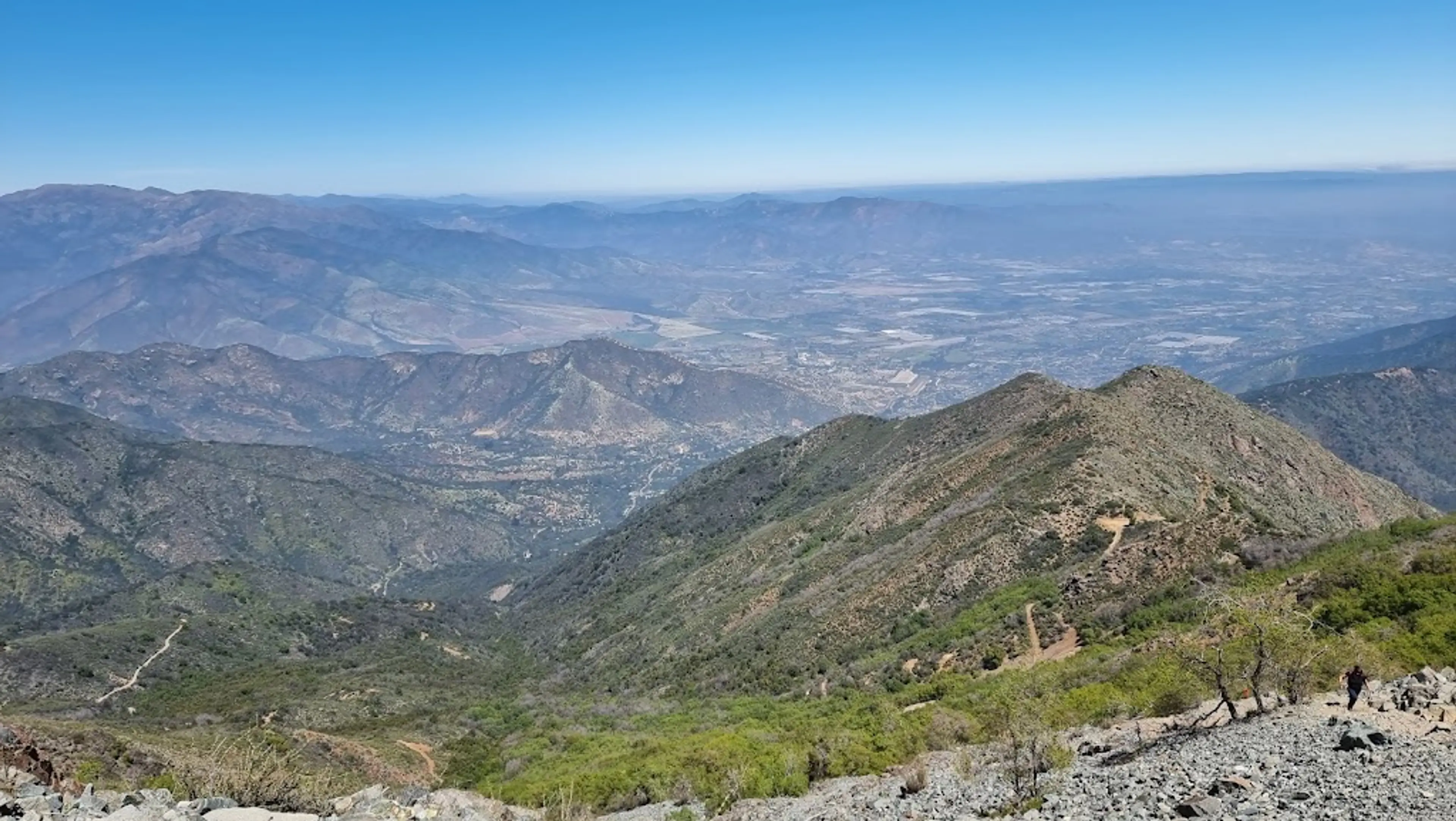
La Campana National Park
A national park with a diverse range of flora and fauna. It's also home to La Campana, a massive bell-shaped hill.
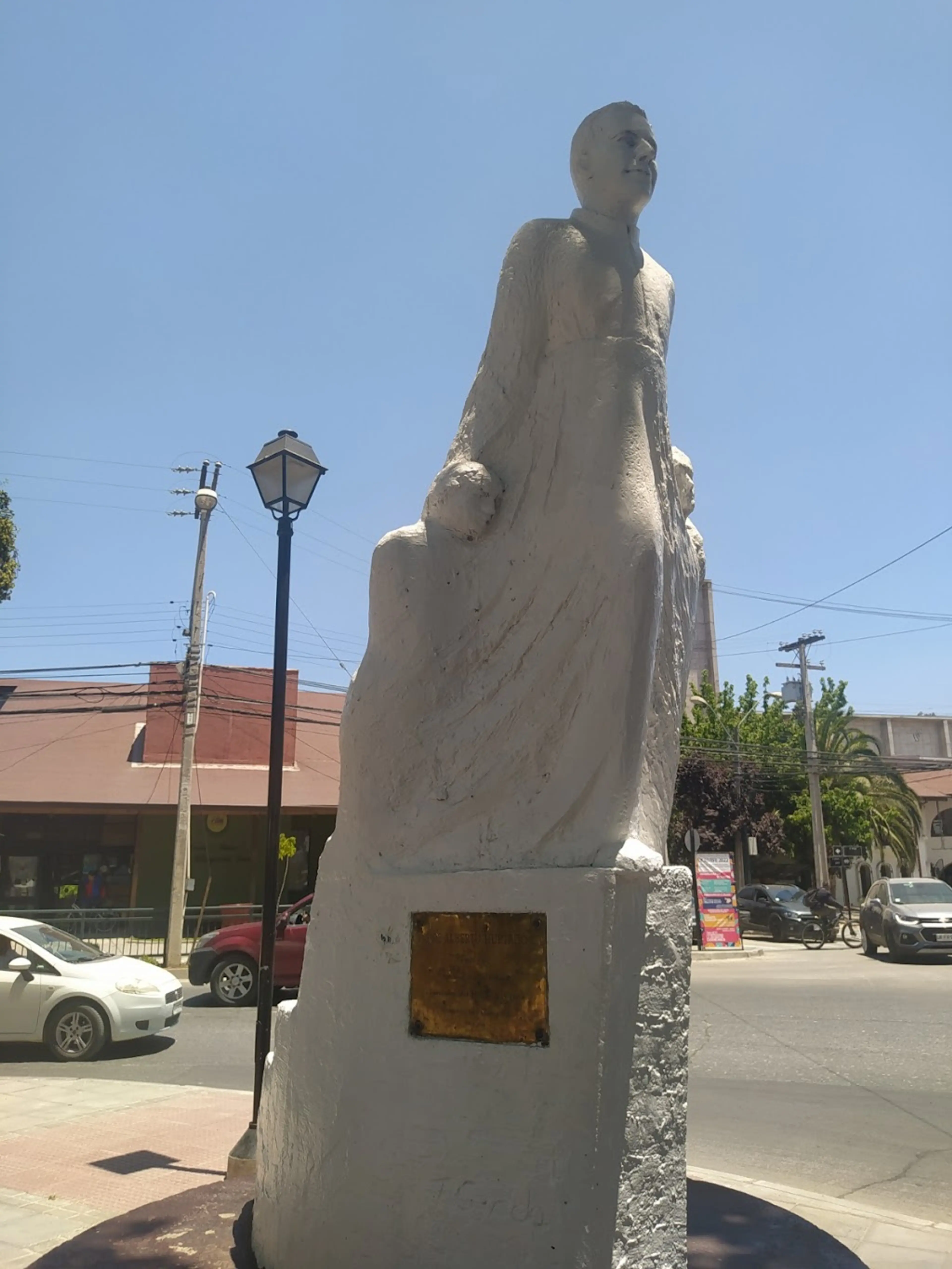
Casablanca Valley
Famous for its many wineries and vineyards.
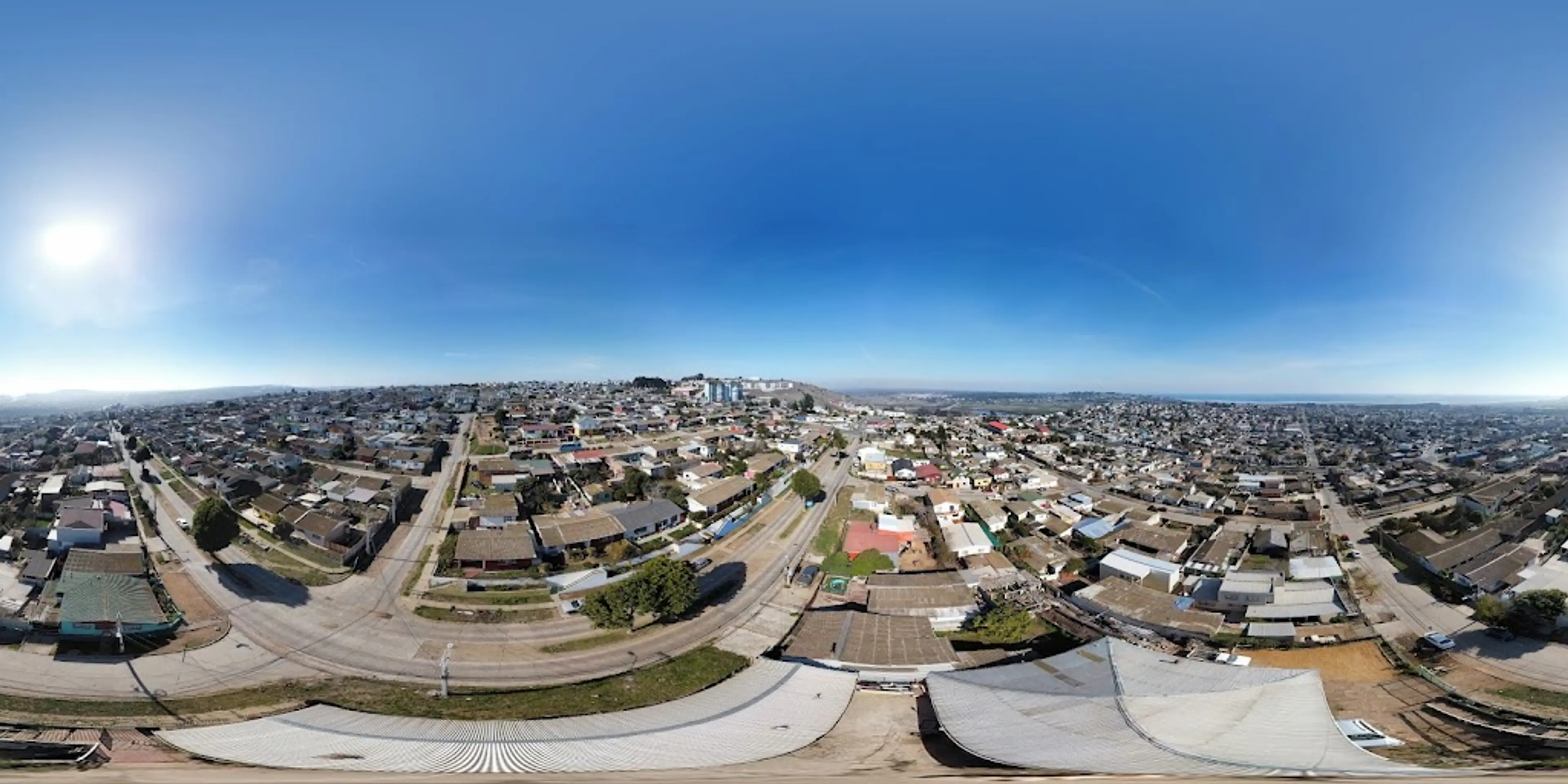
San Antonio
A port city known for its seafood markets and beautiful coastline.
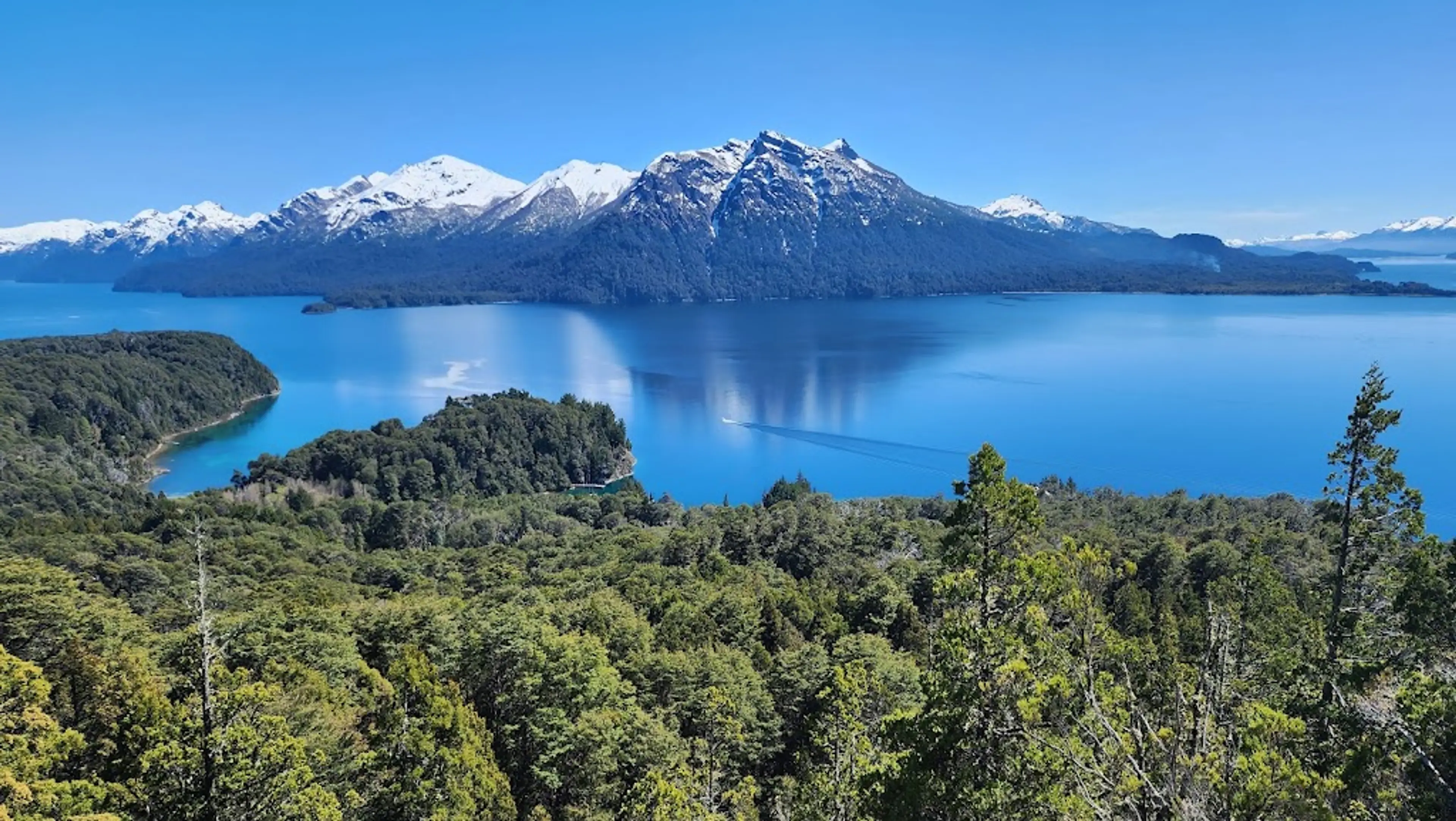
Los Andes
A city located in the Andean mountain range, known for its beautiful landscapes and outdoor activities.
